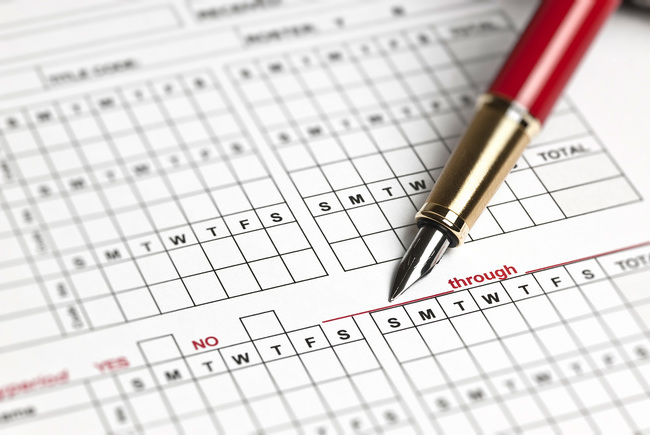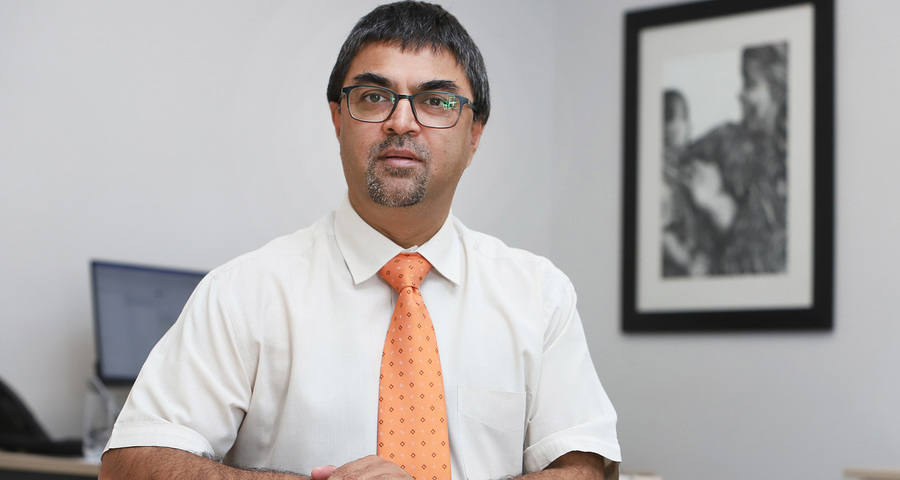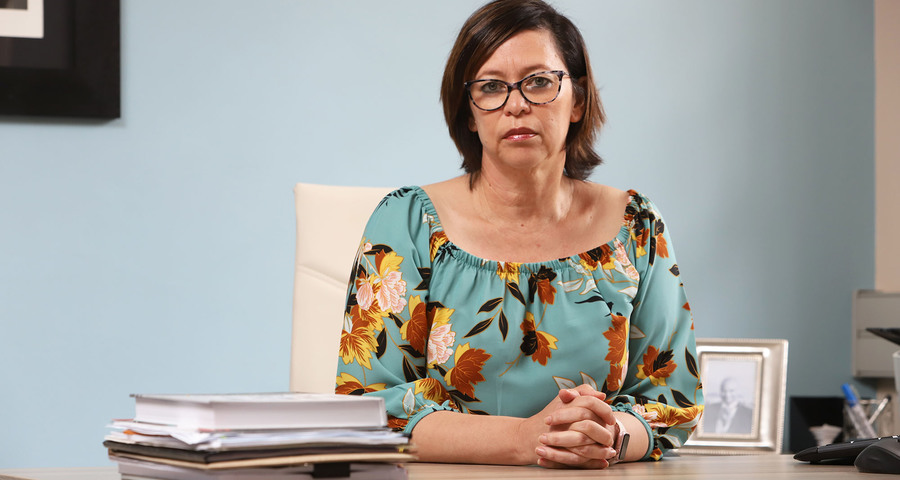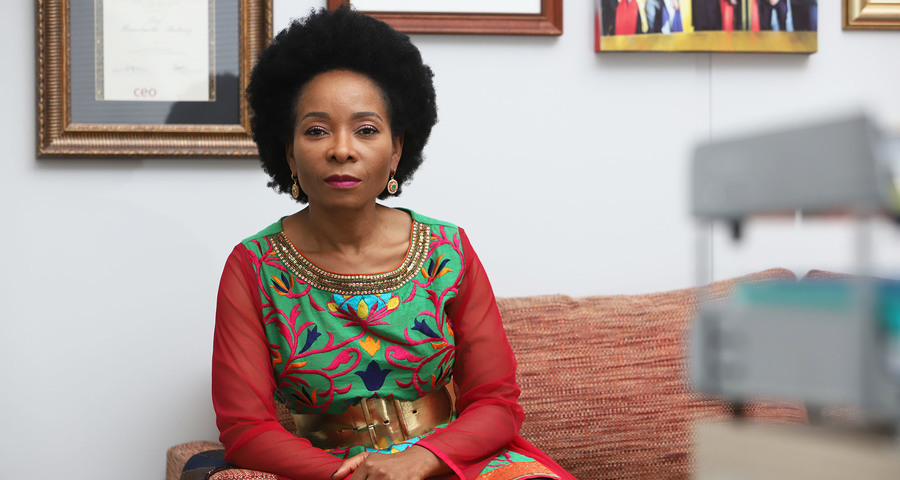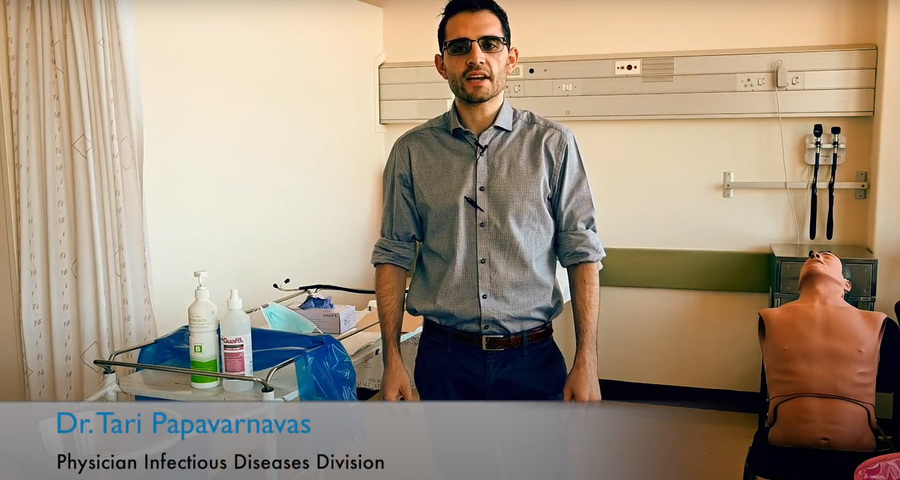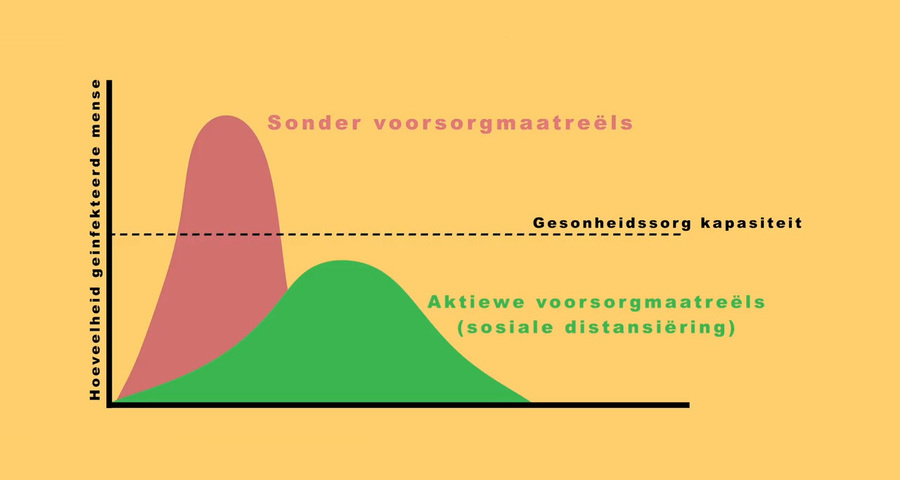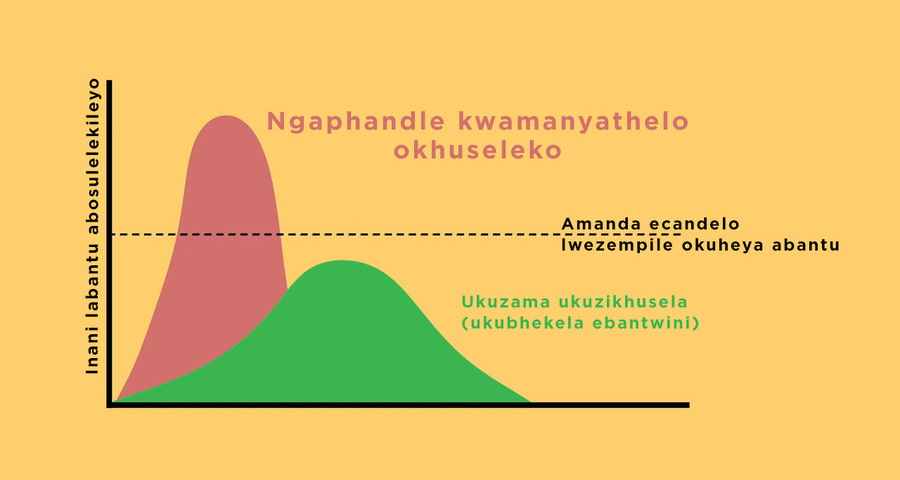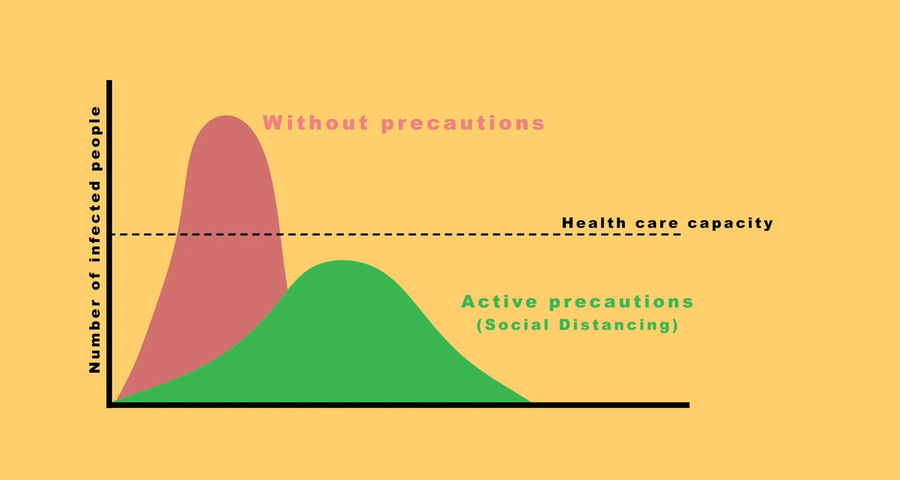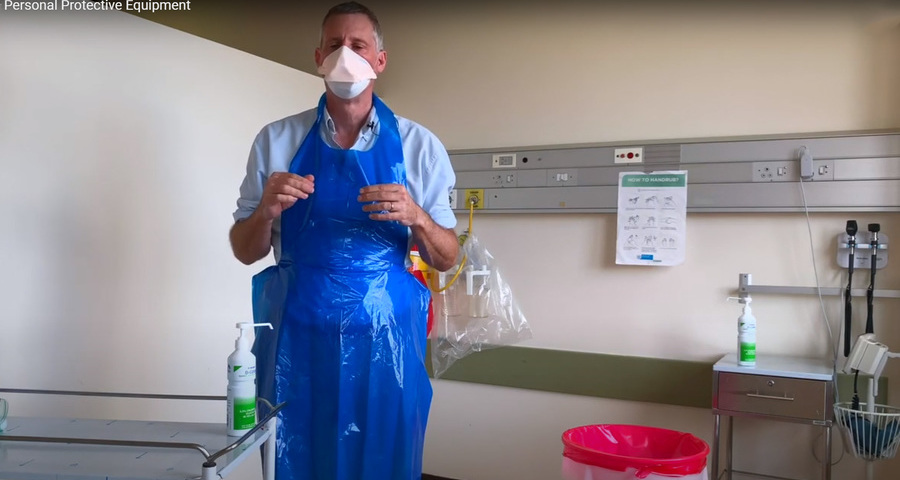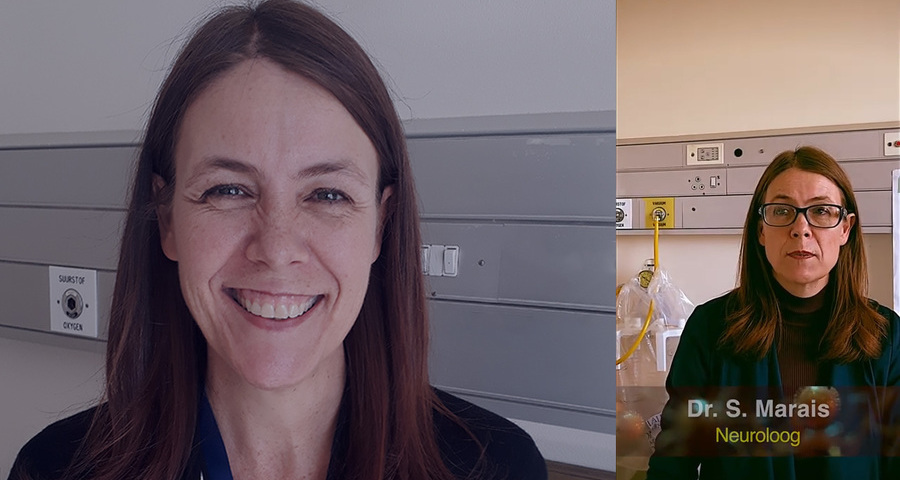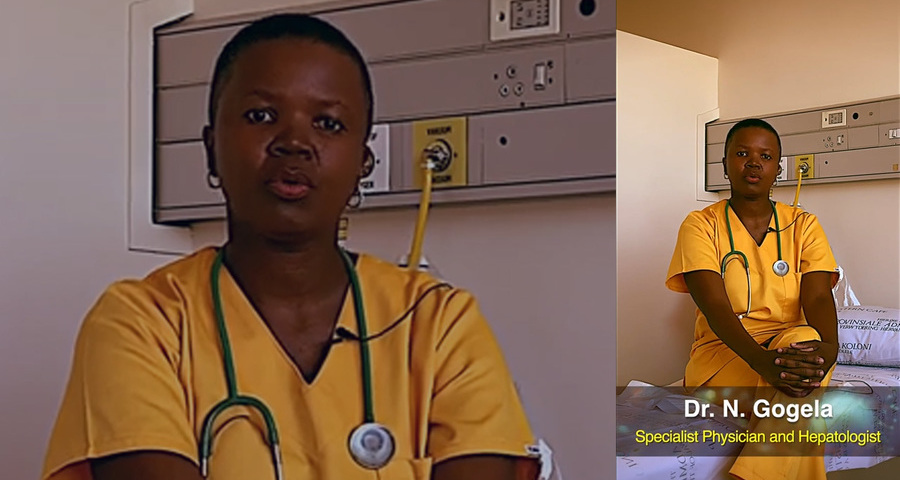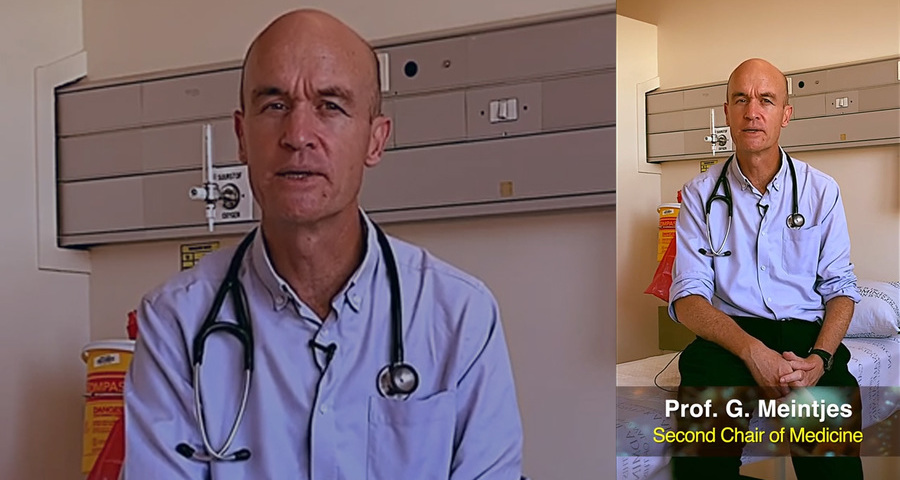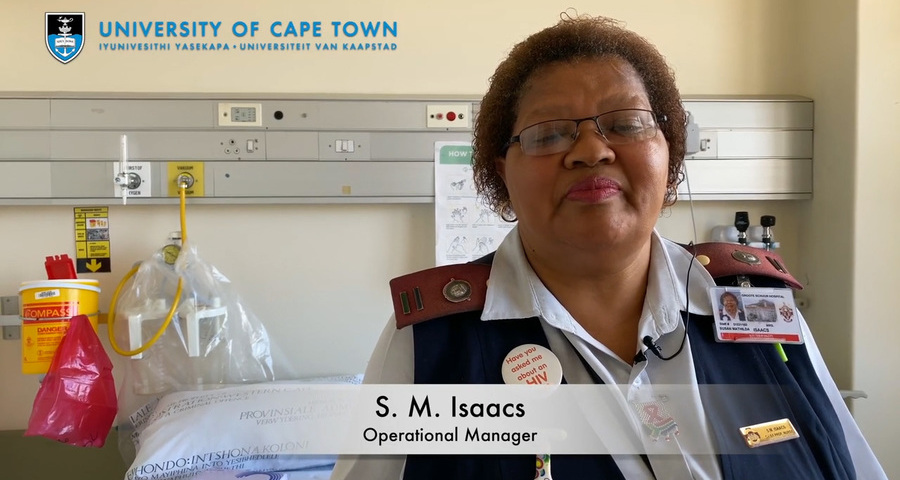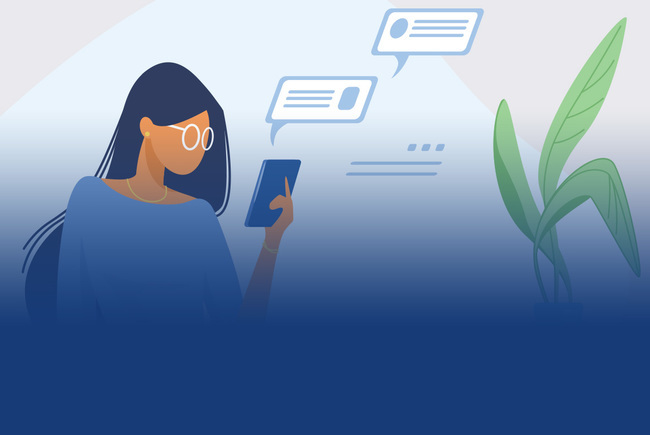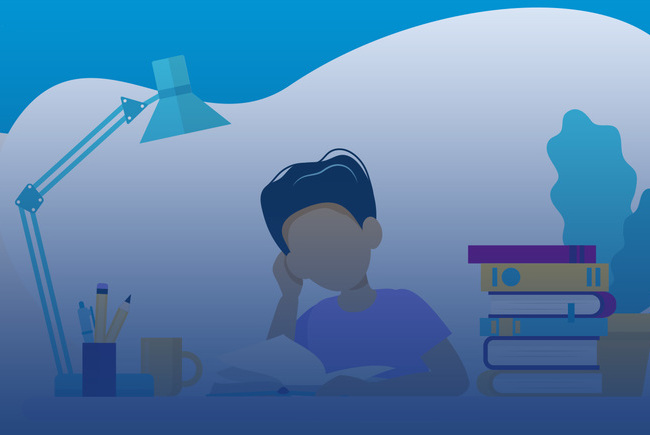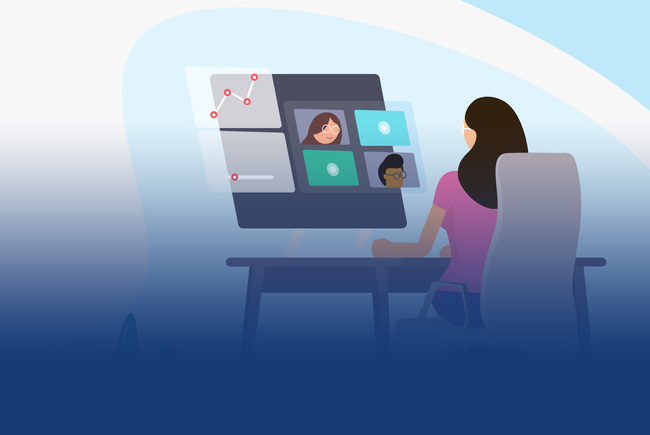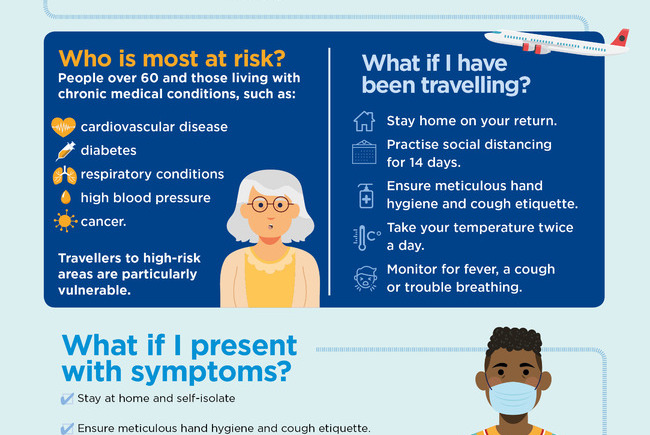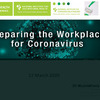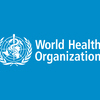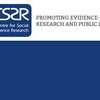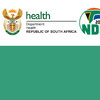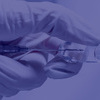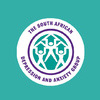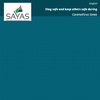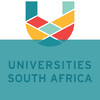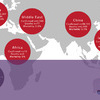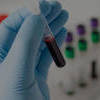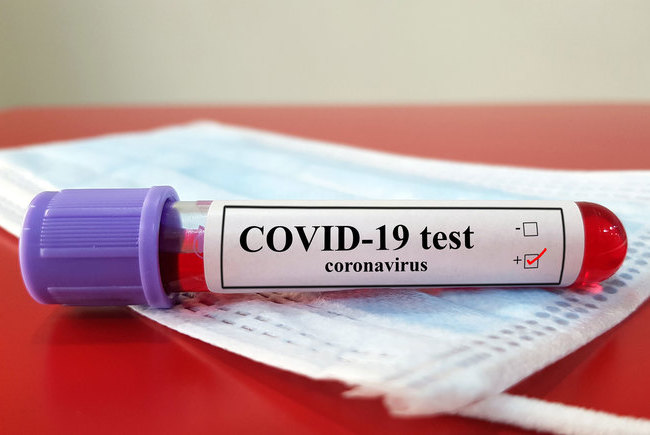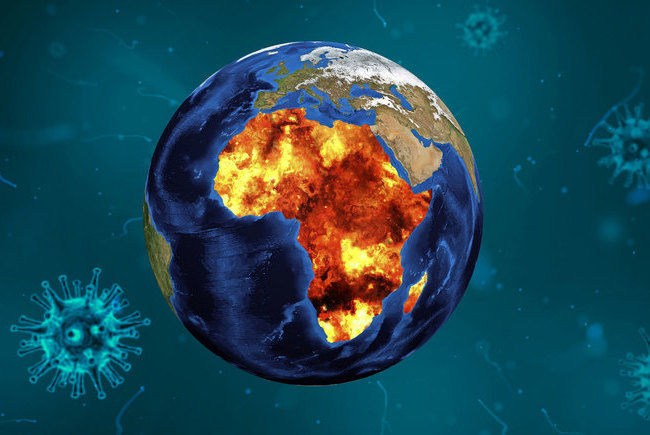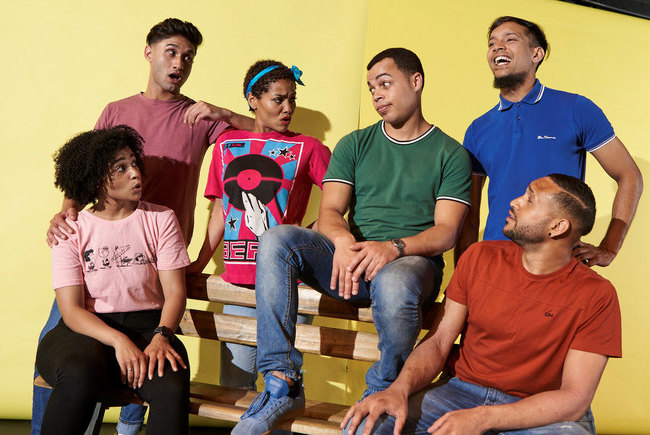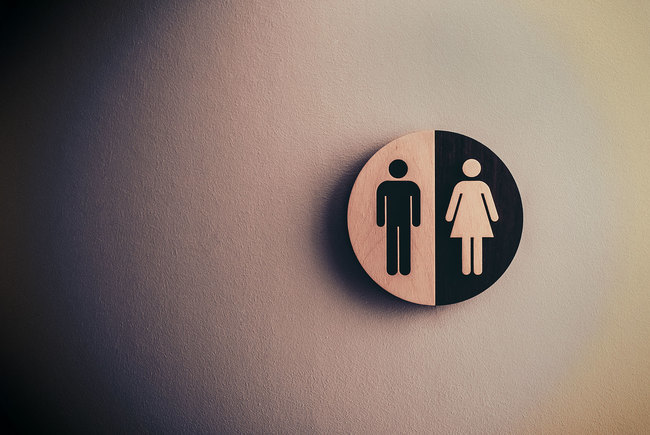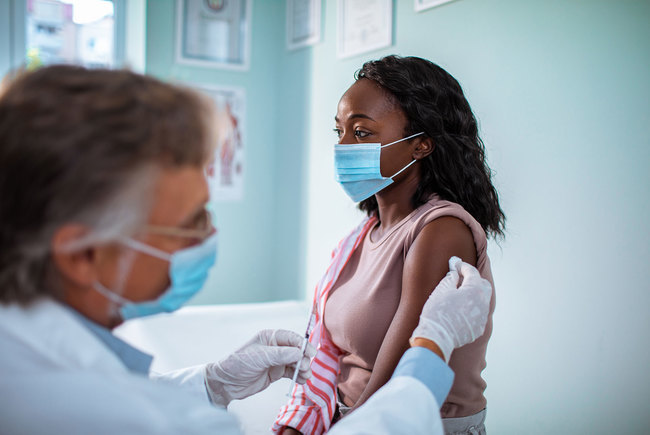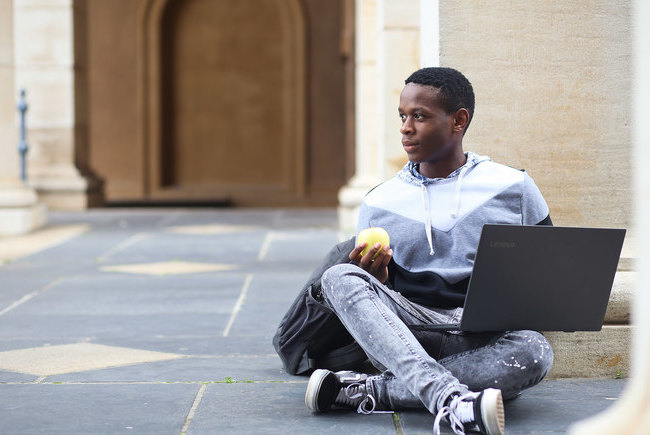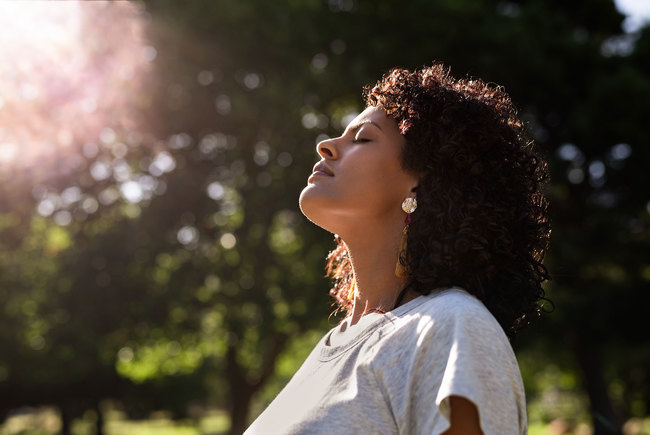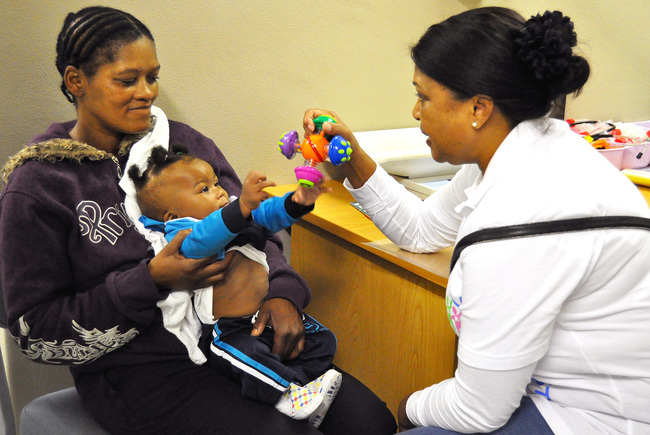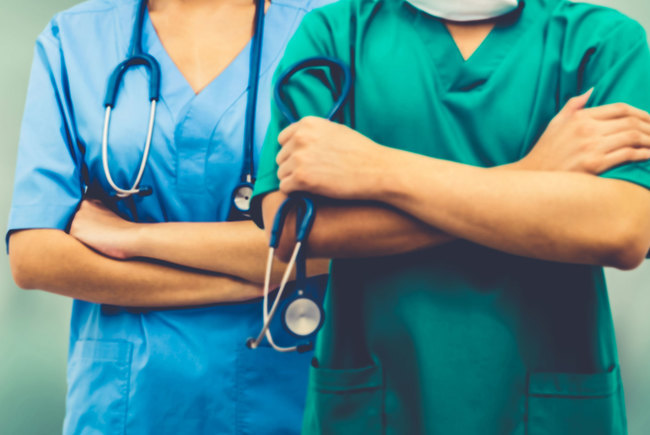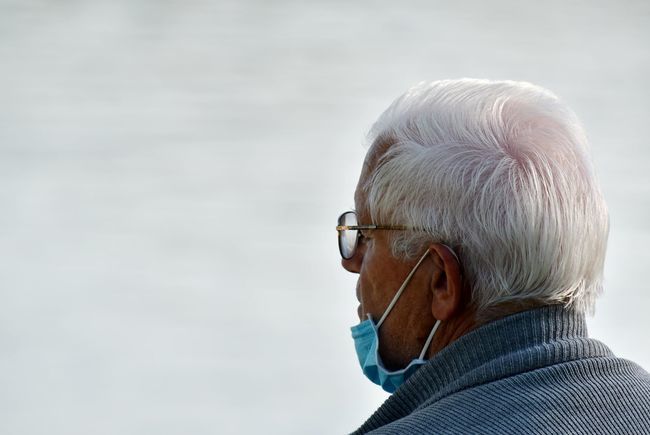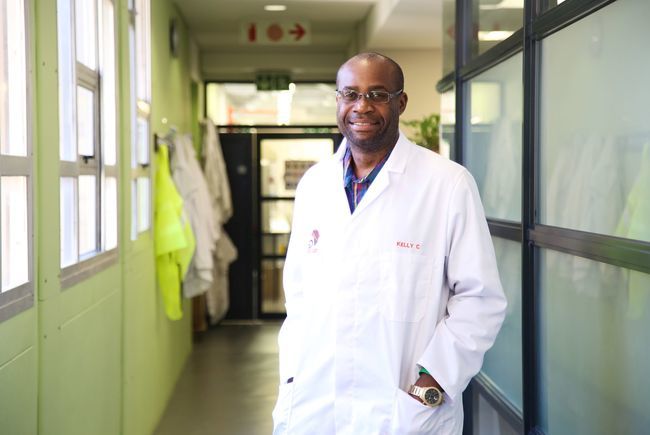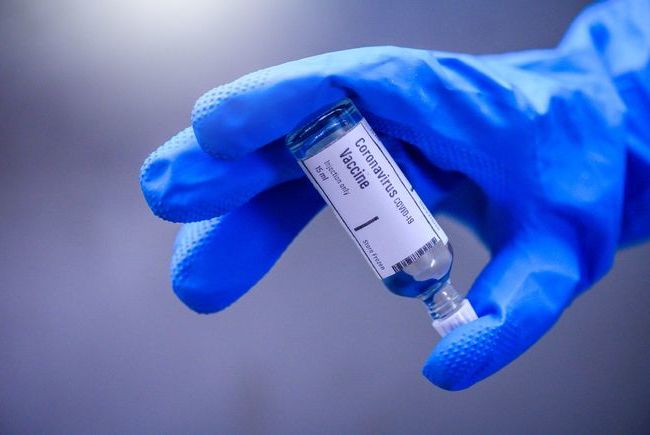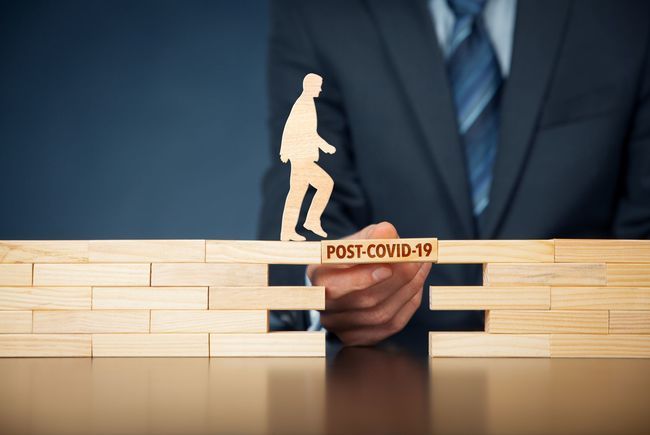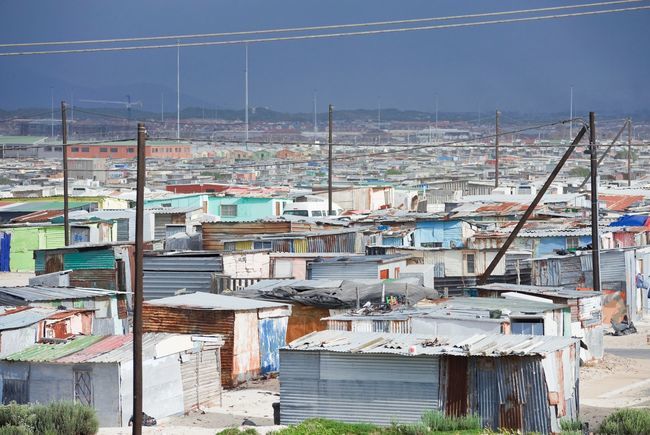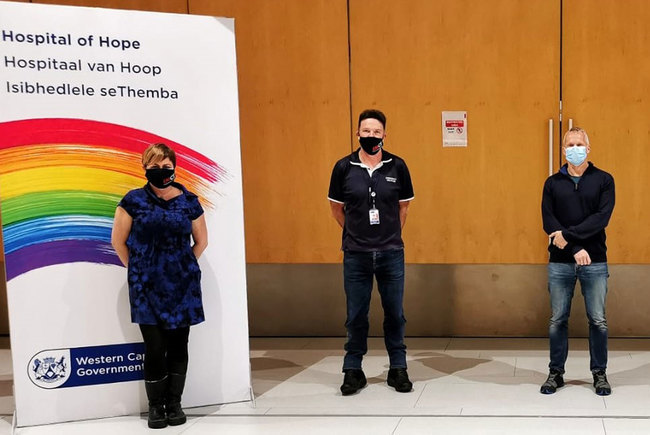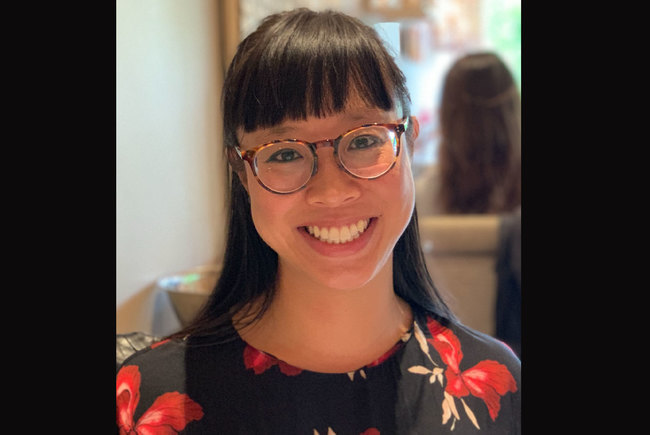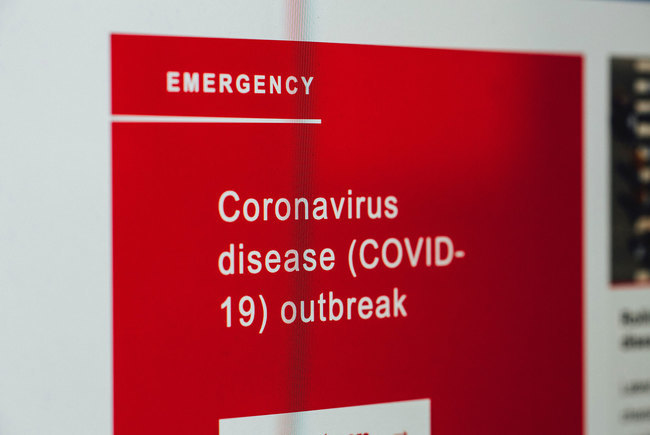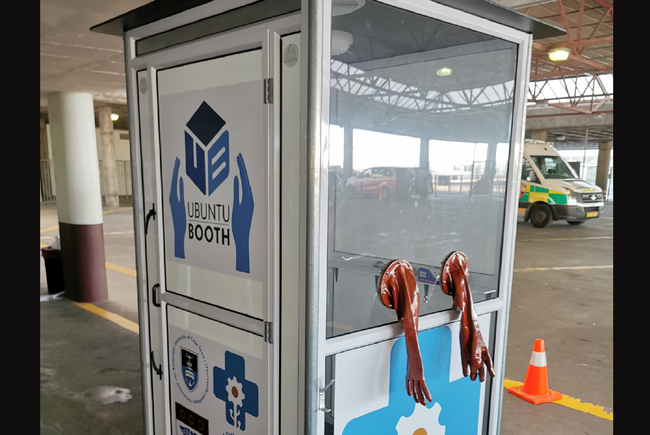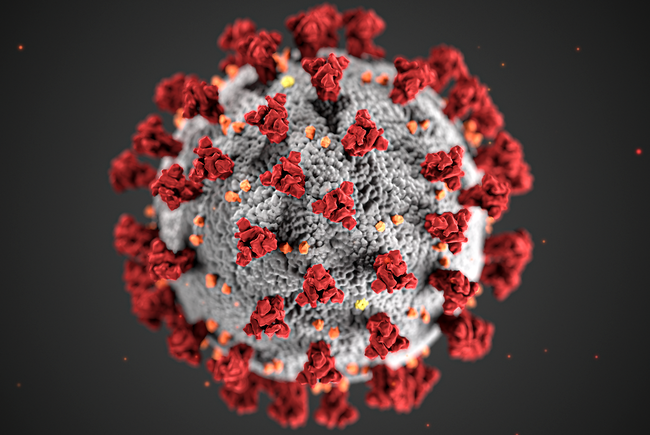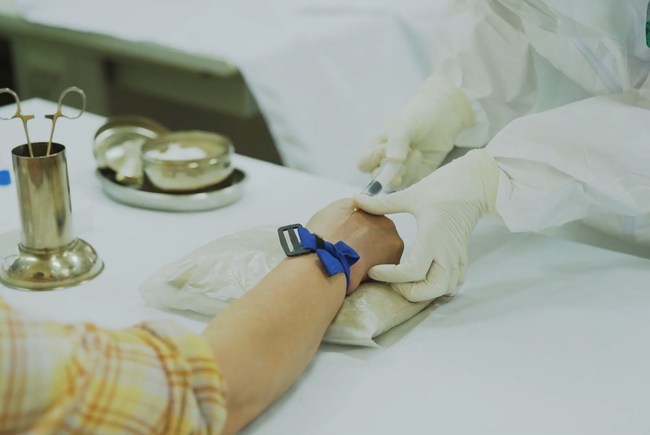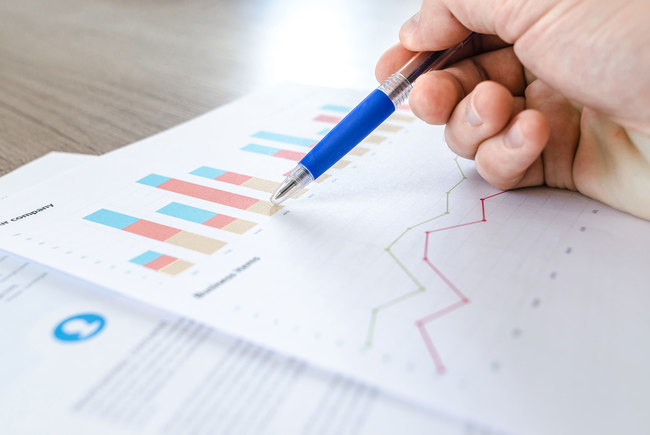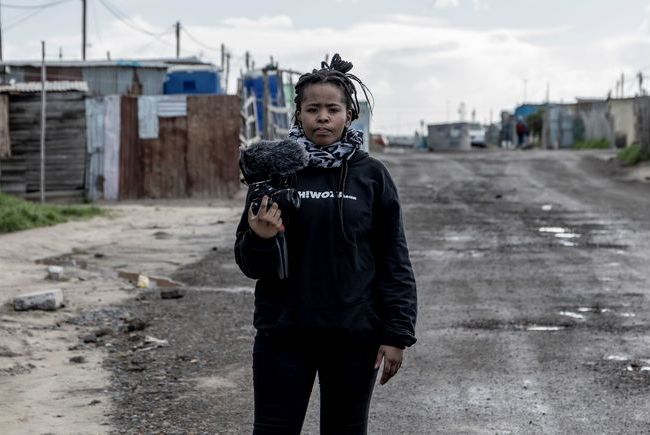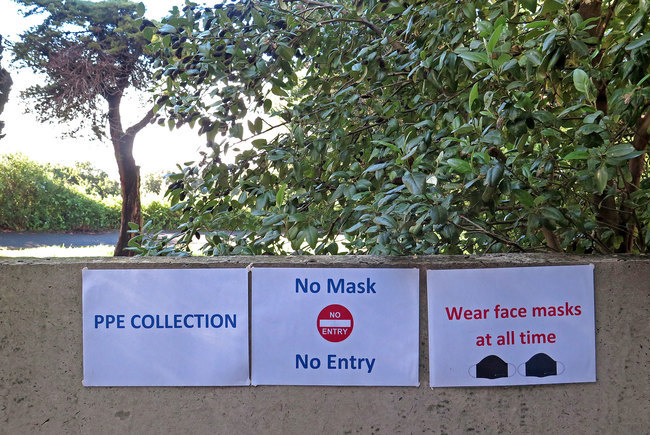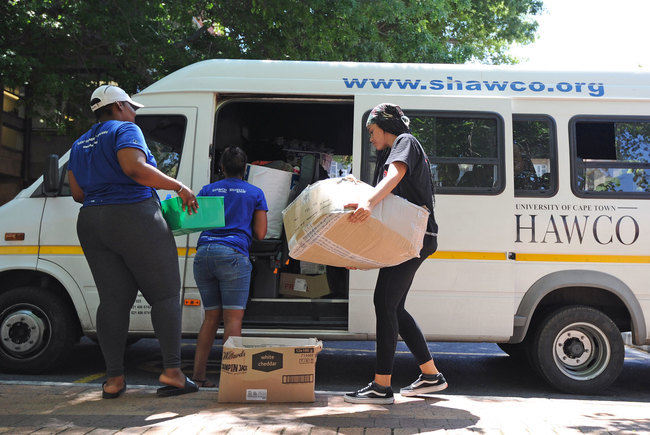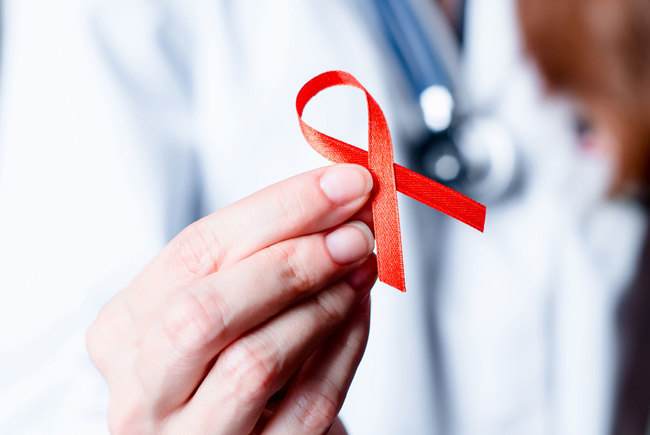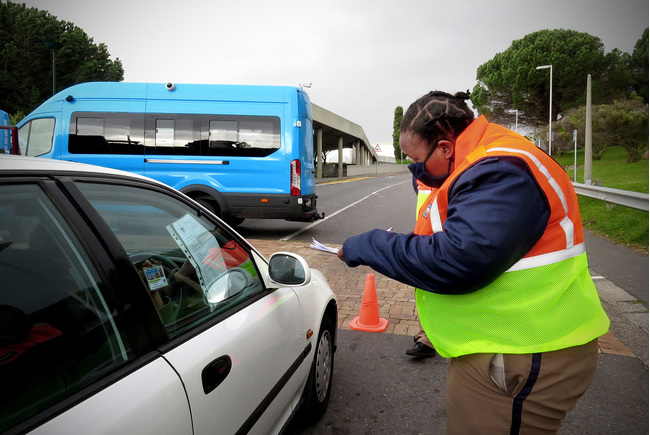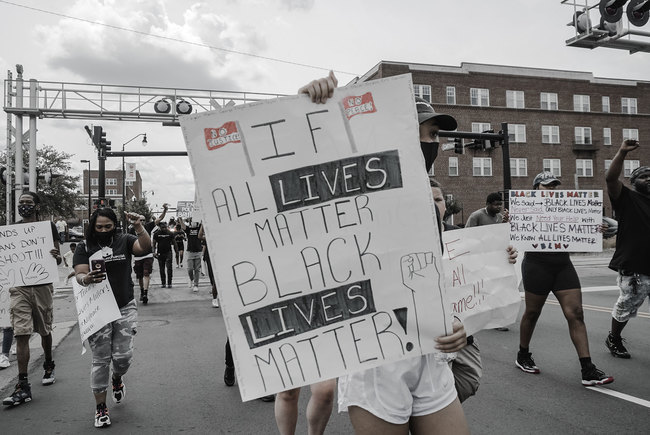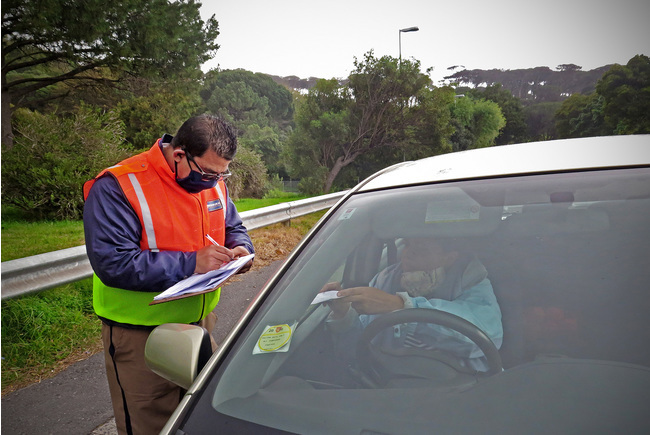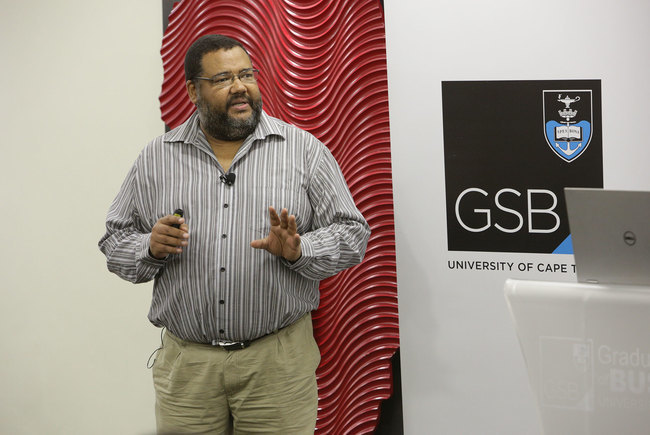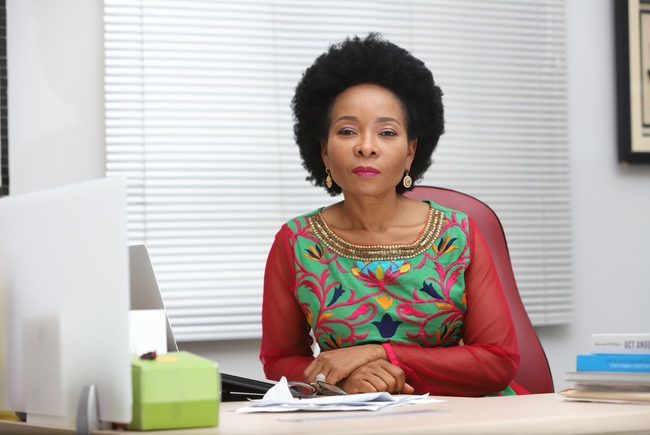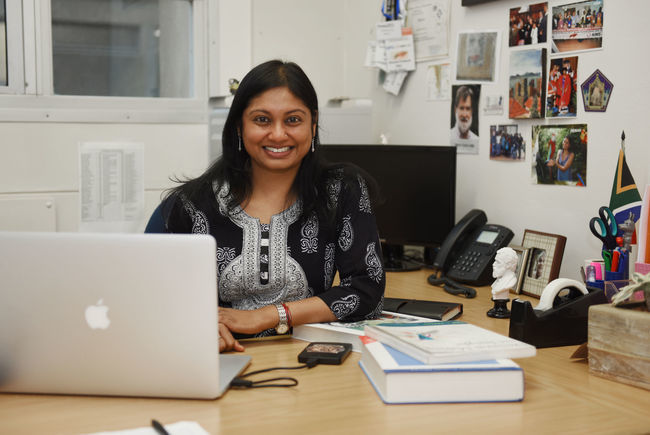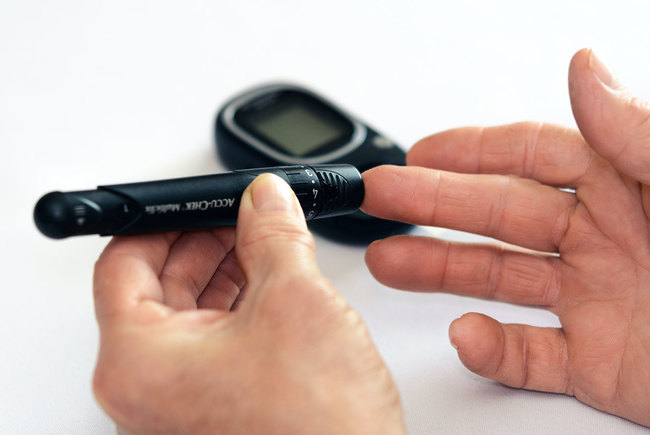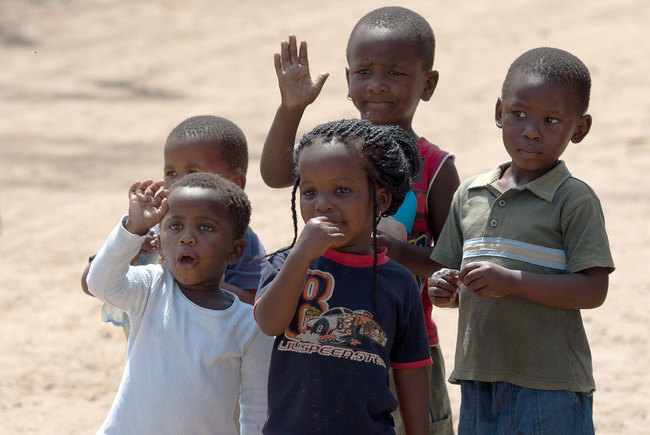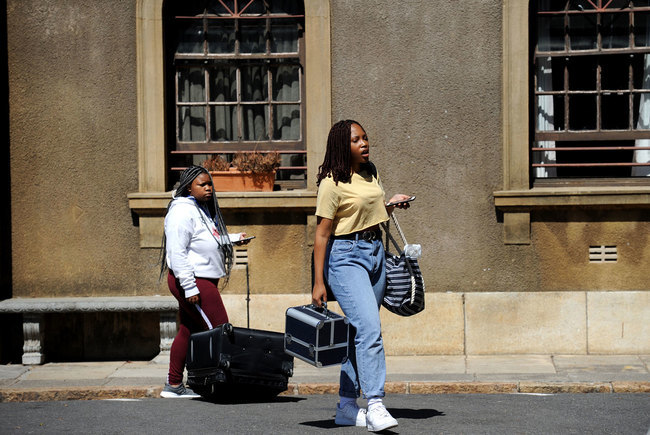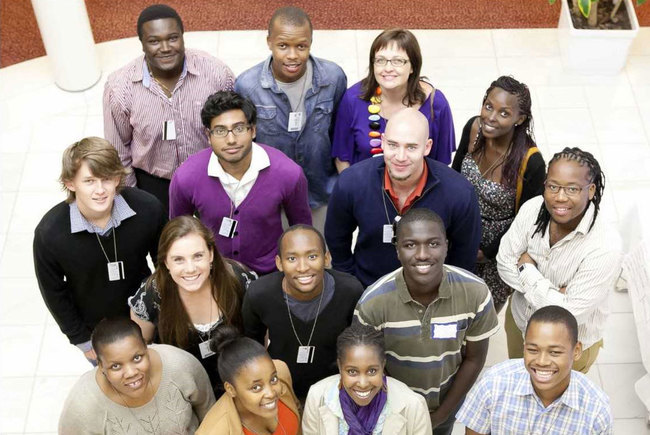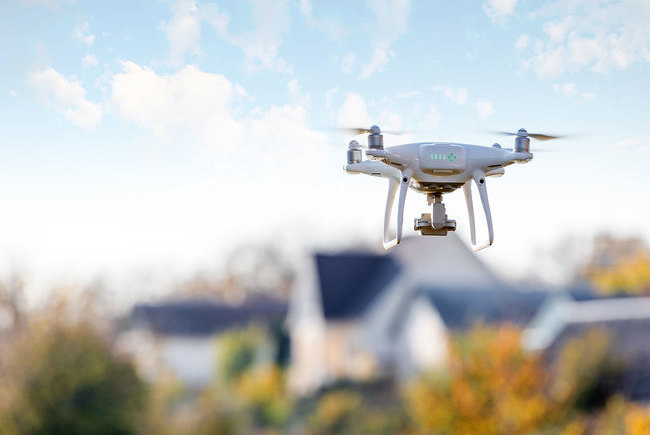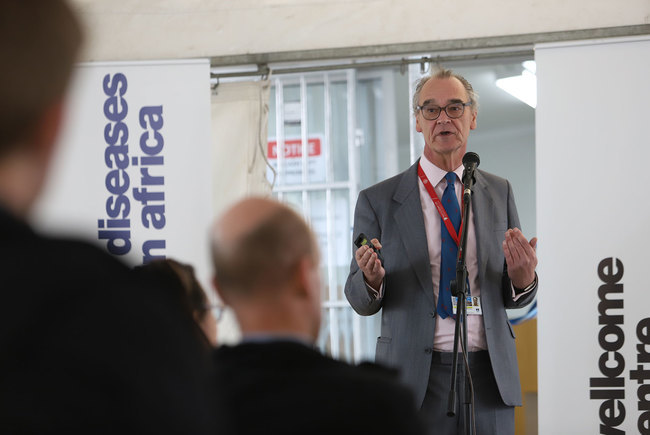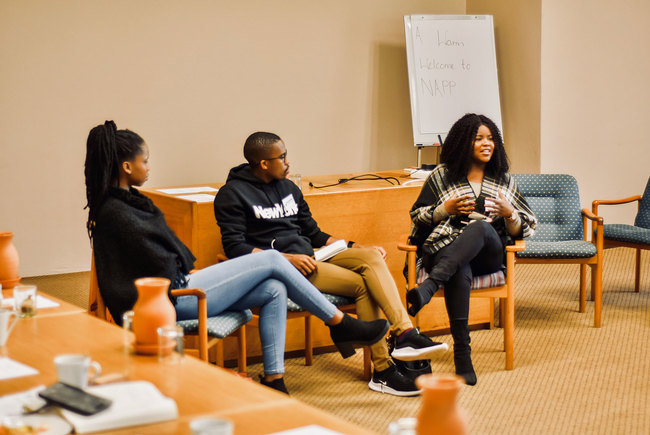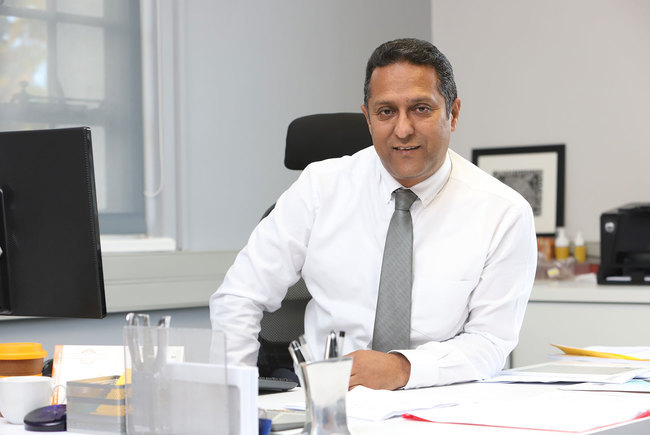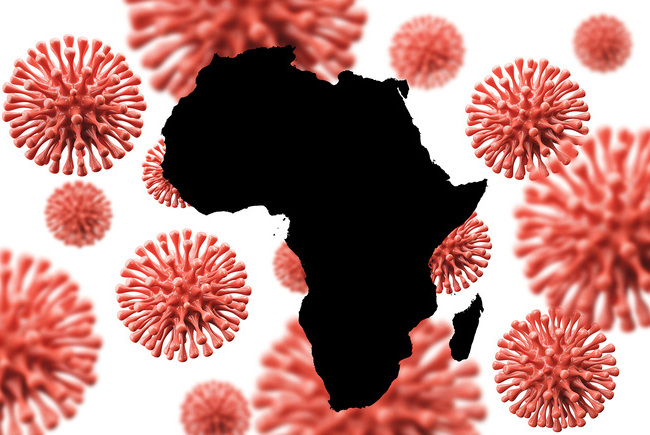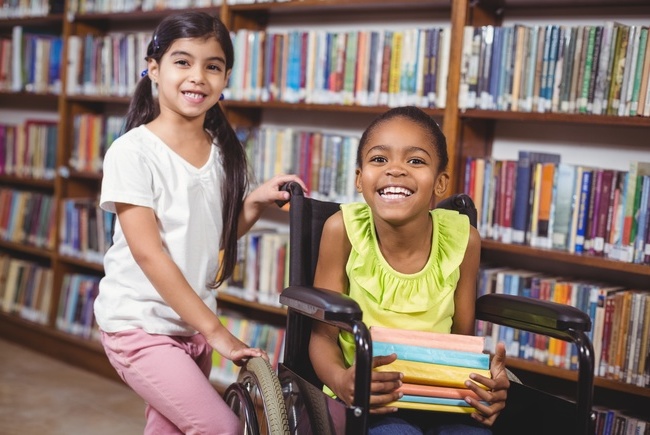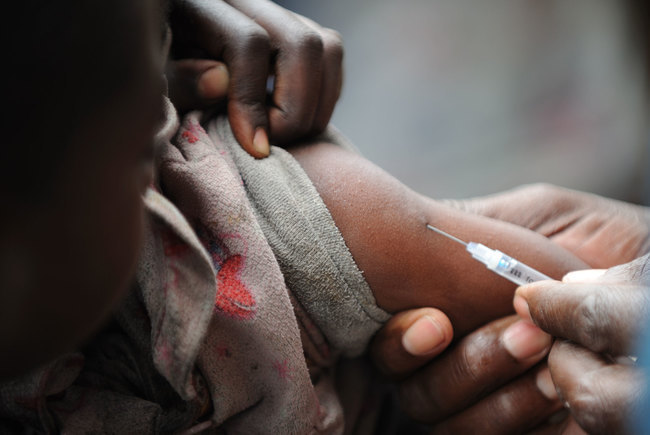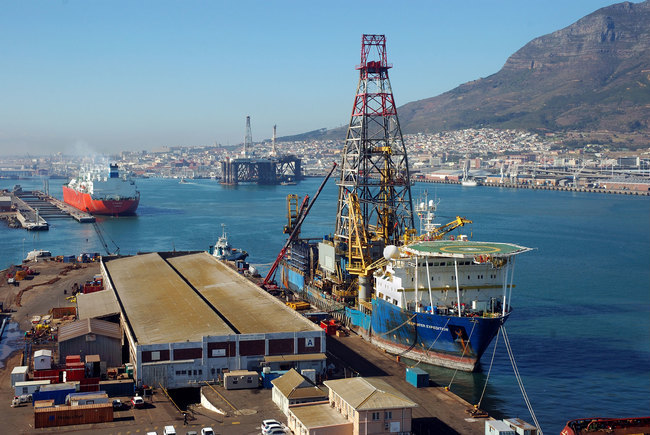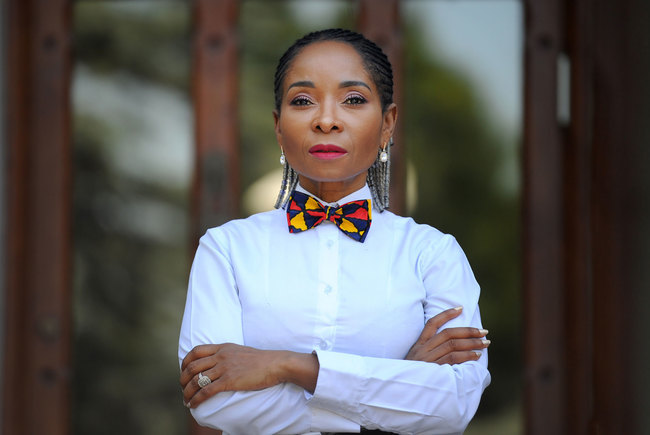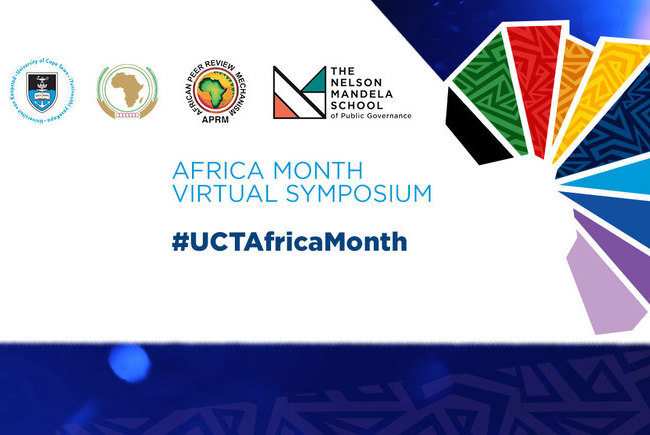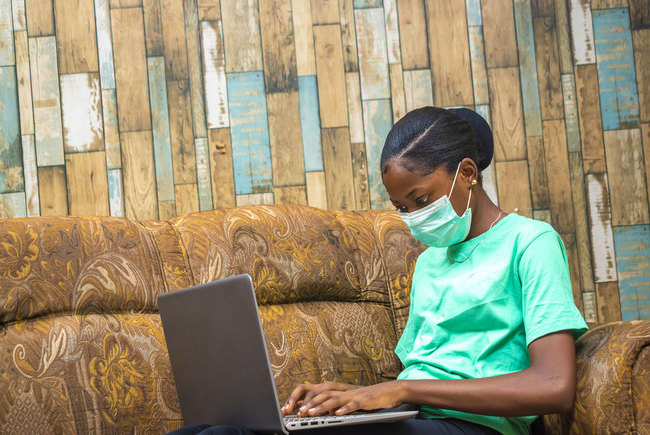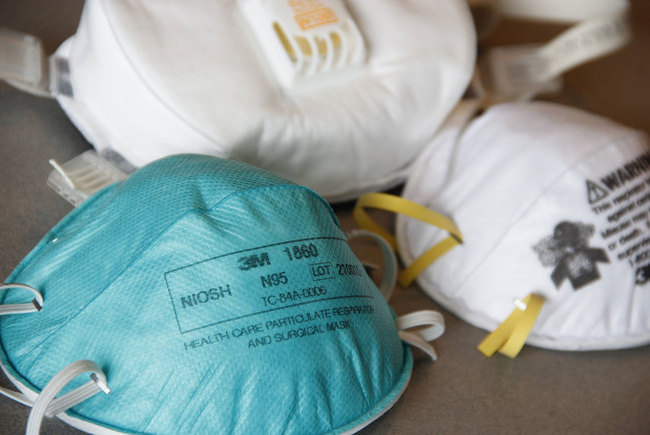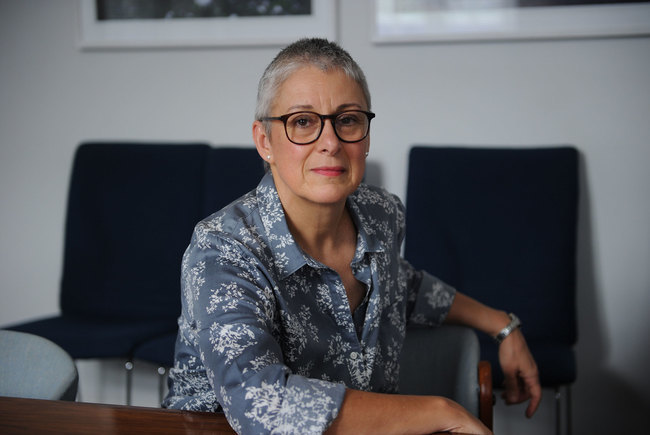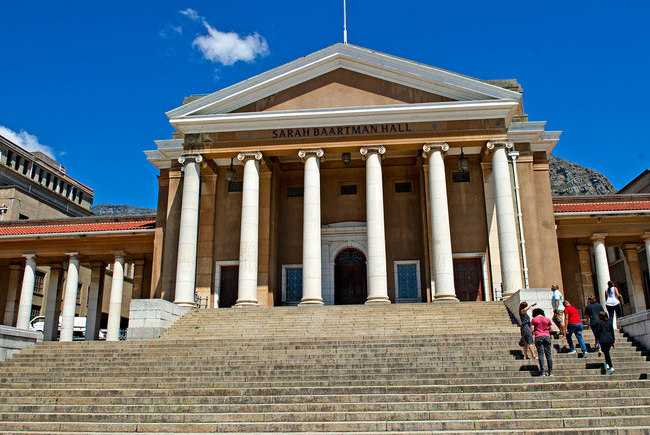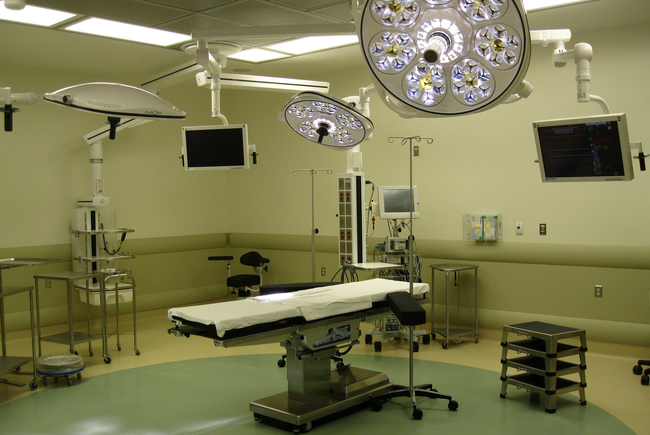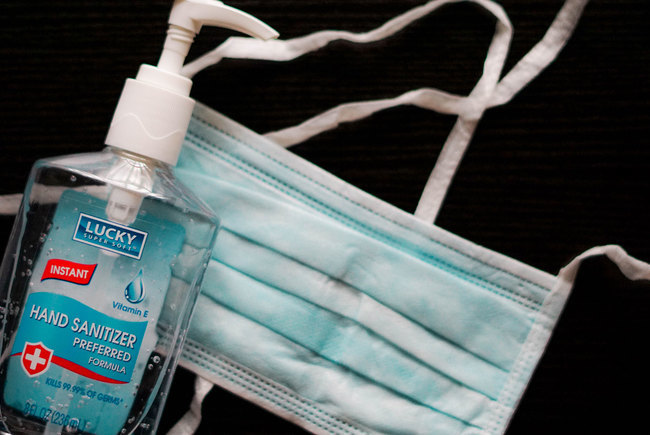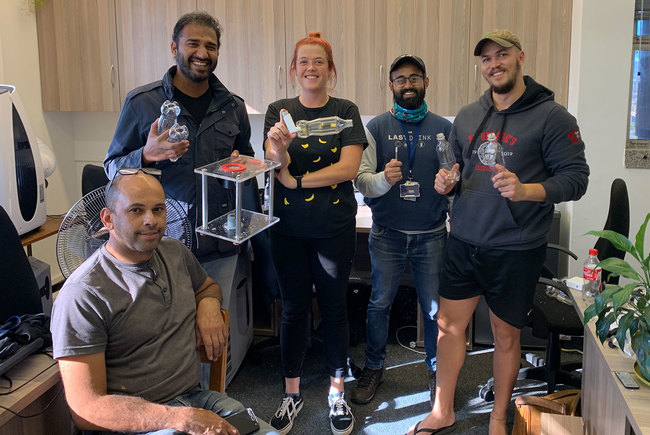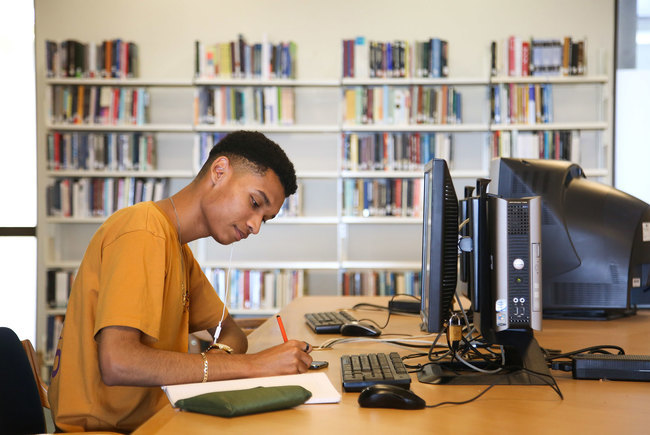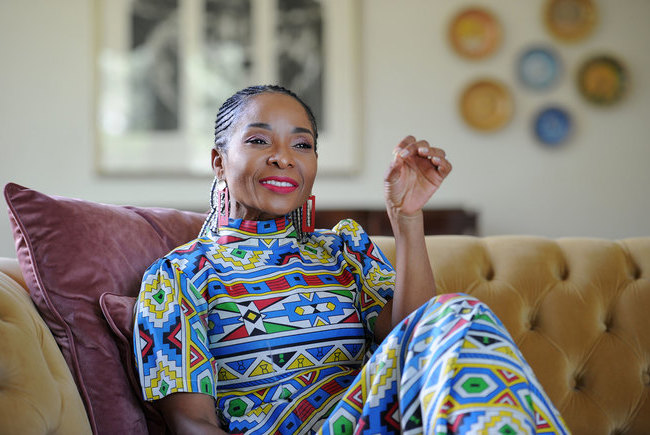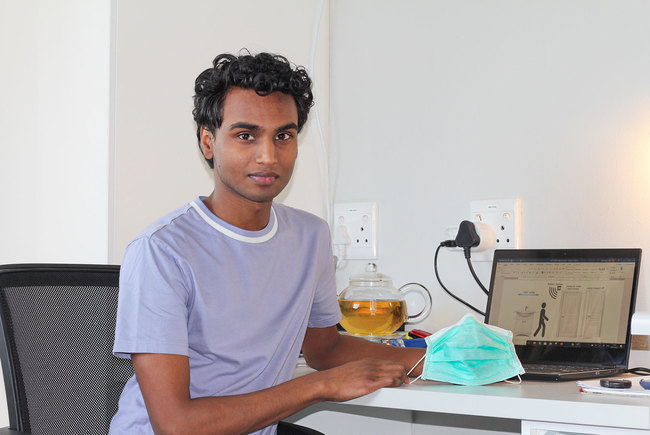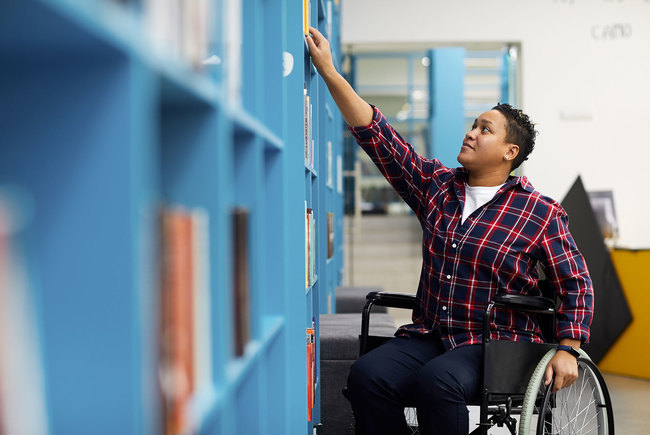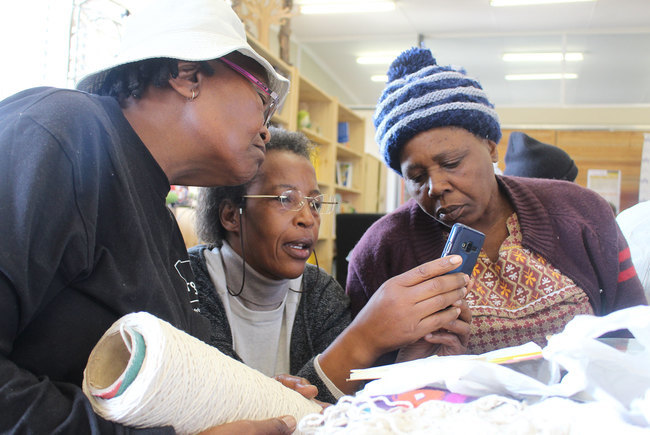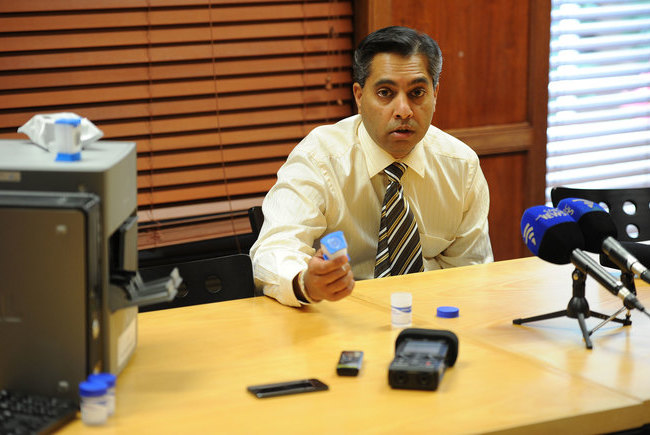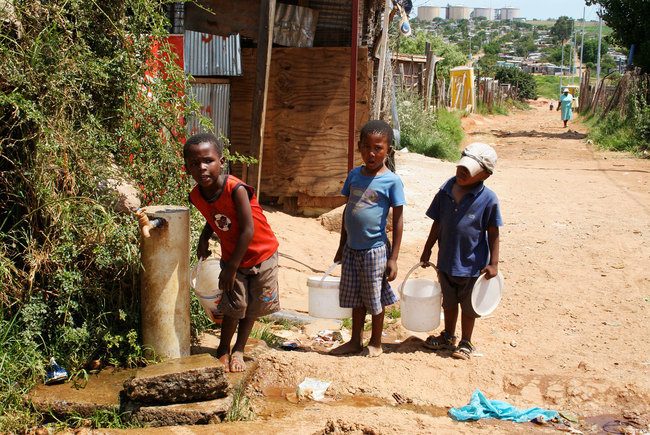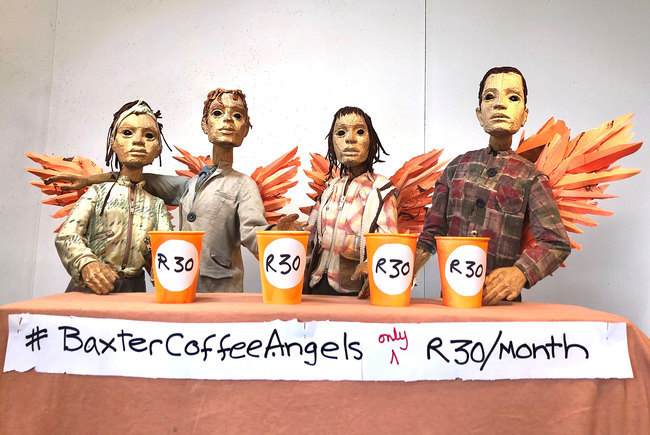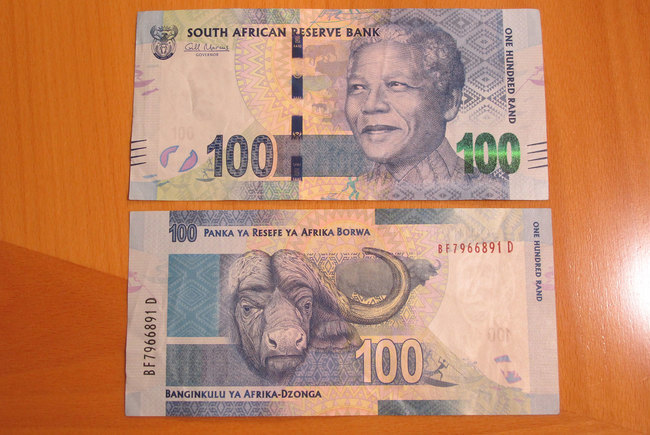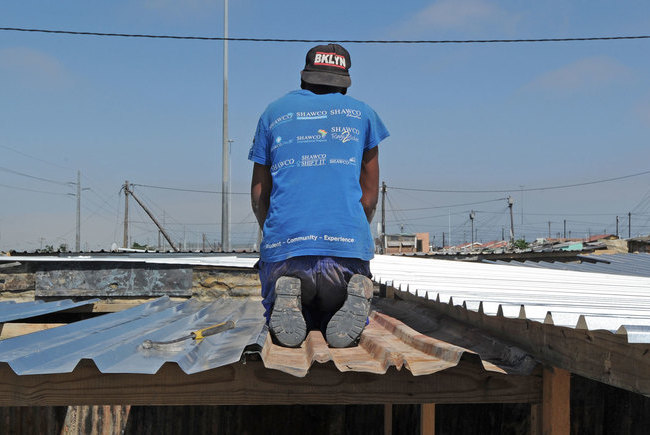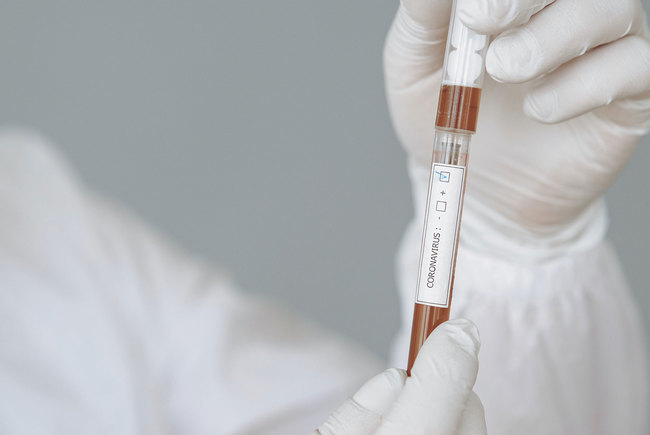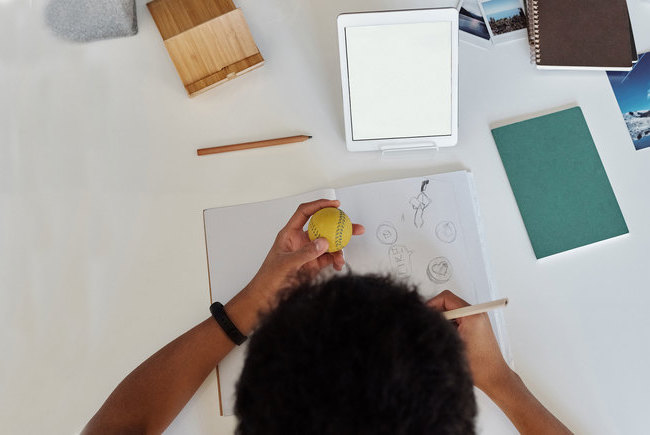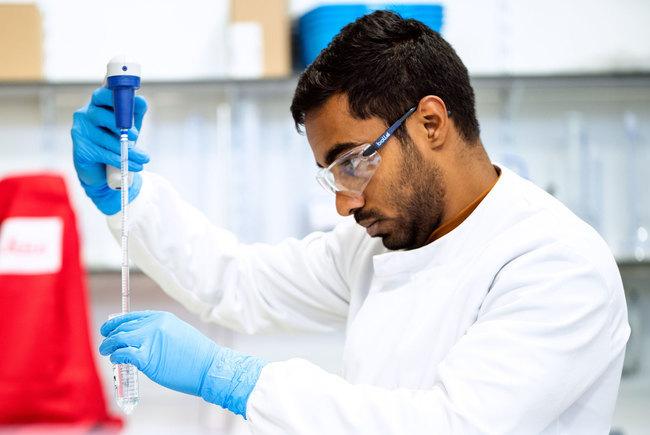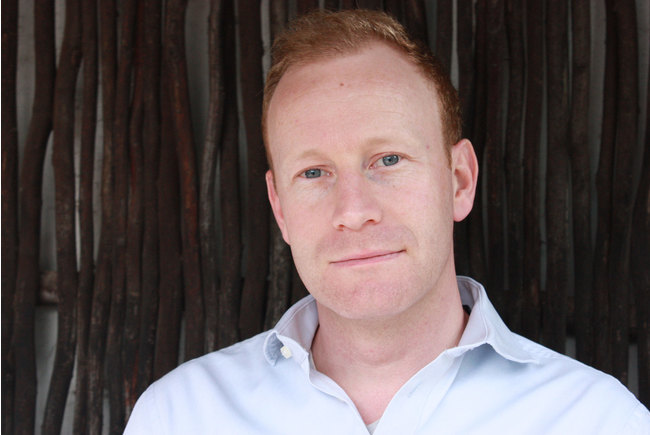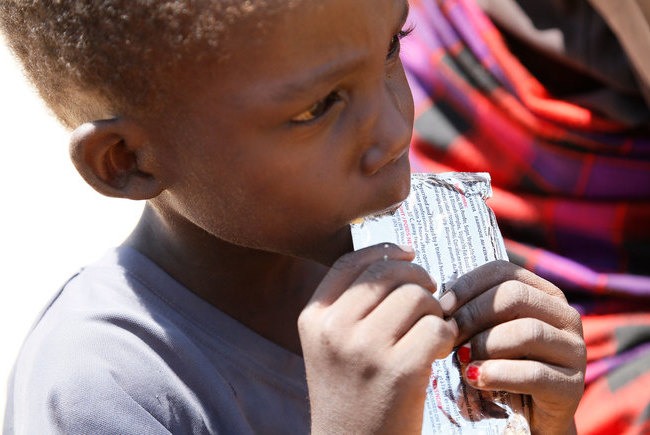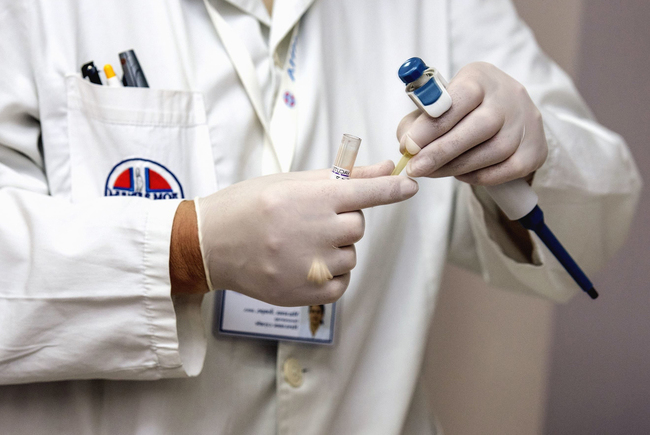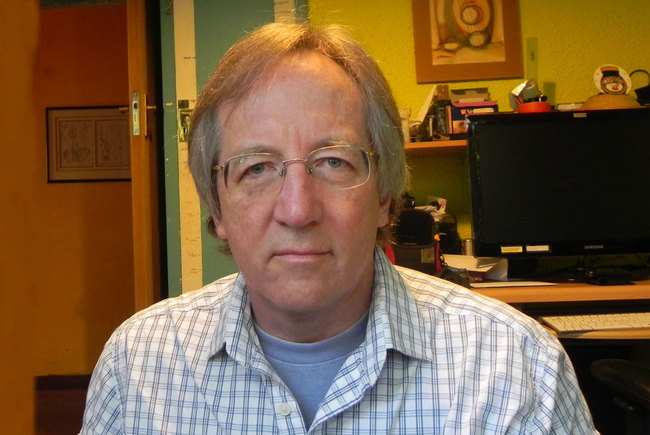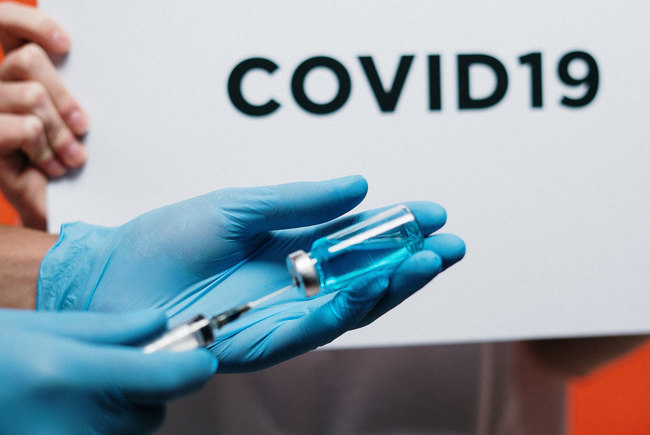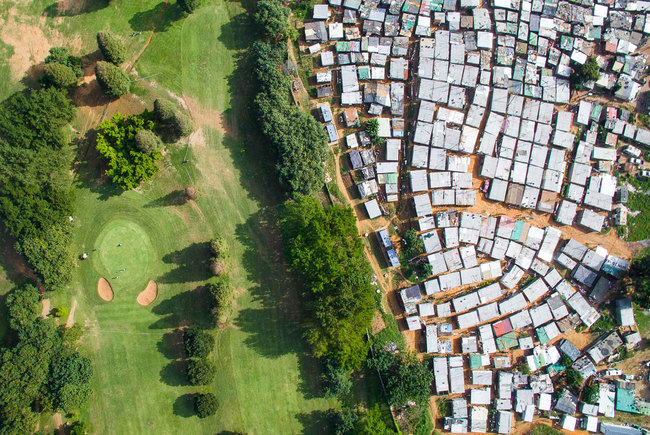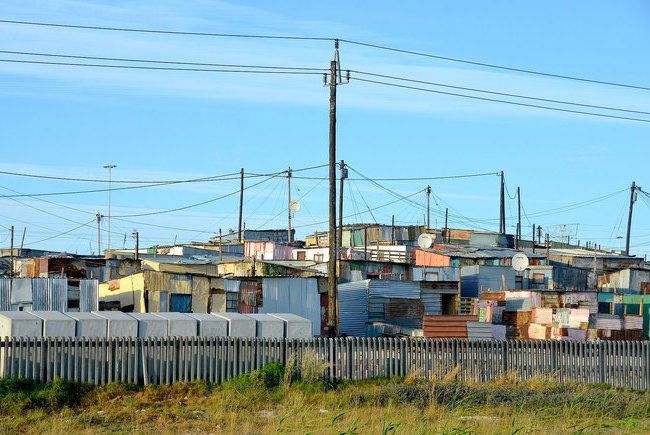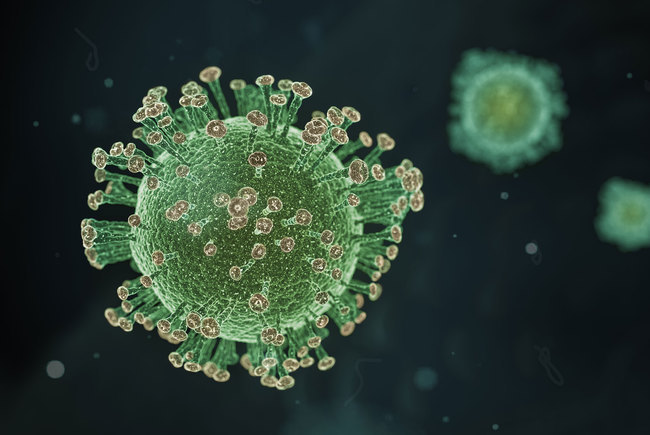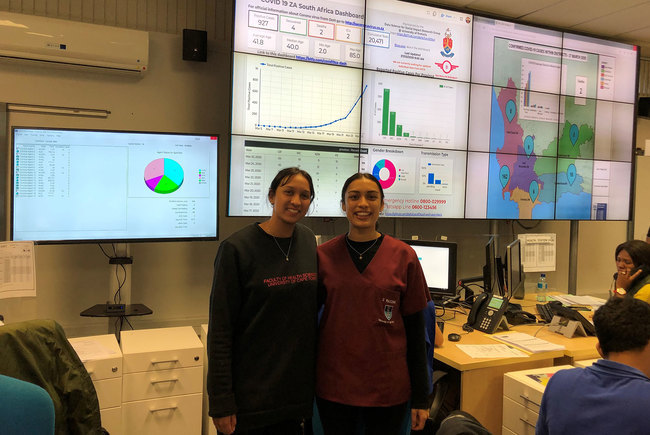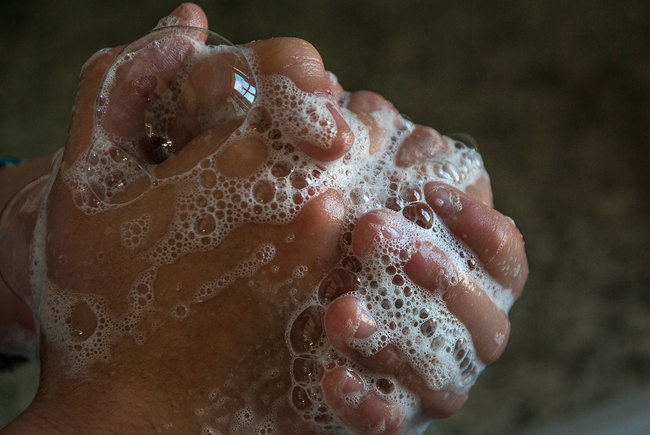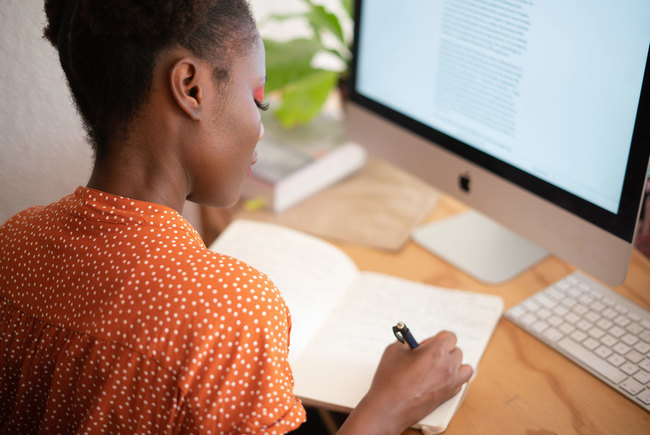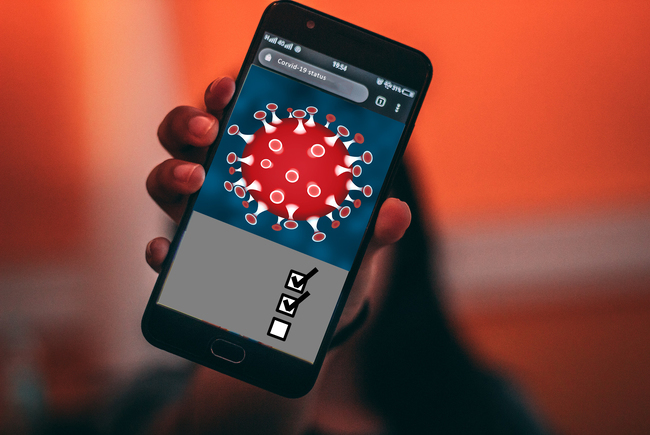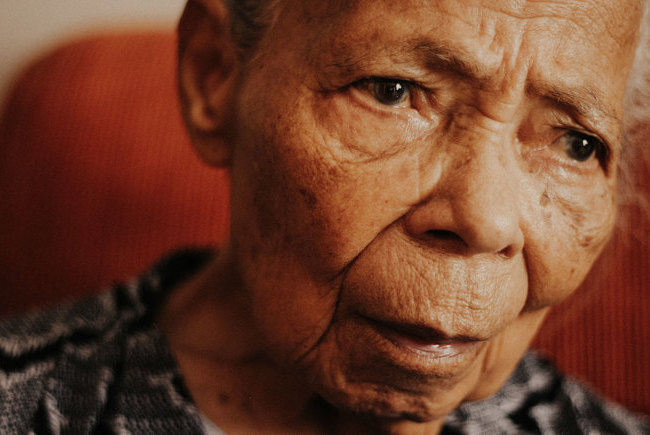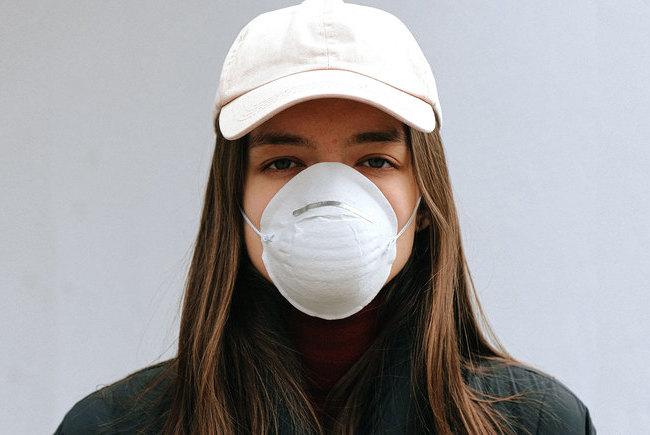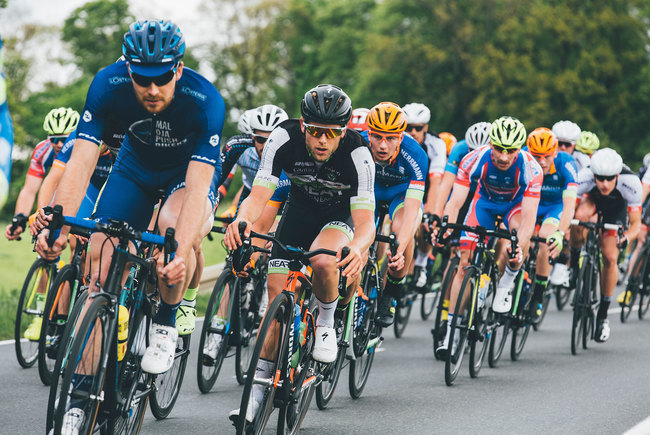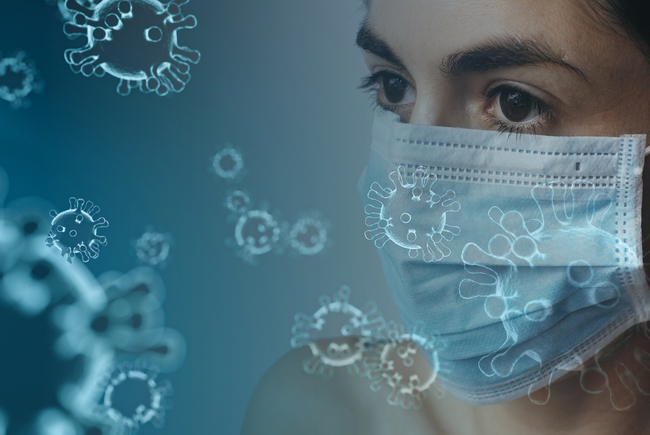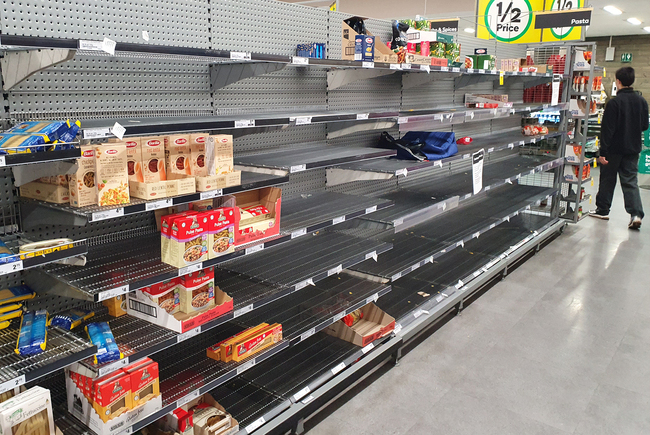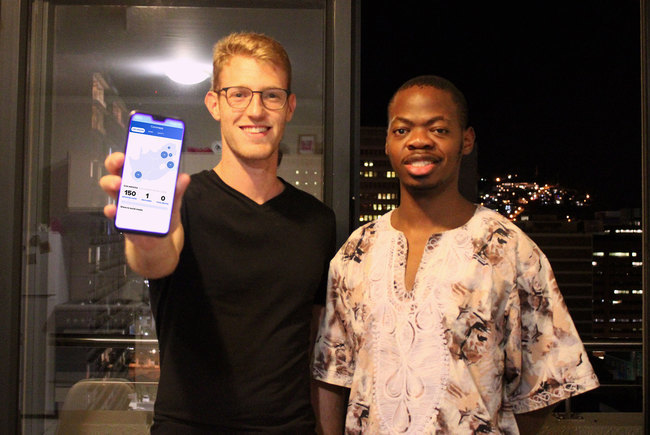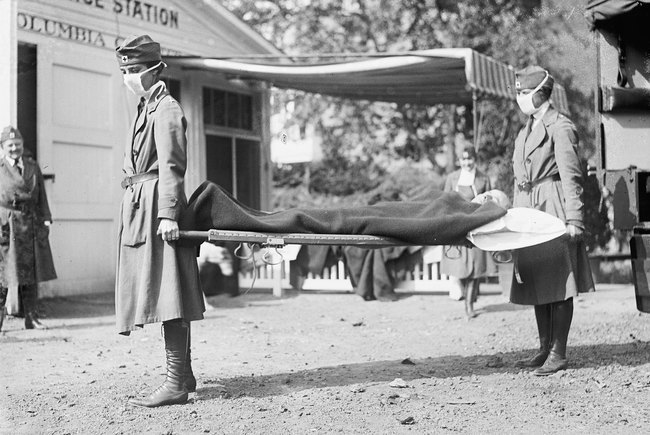Africa must collaborate with the world on vaccine trials
09 June 2020 | Story Mamokgethi Phakeng and Thokozani Majozi. Photo Adobe Stock. Read time 6 min.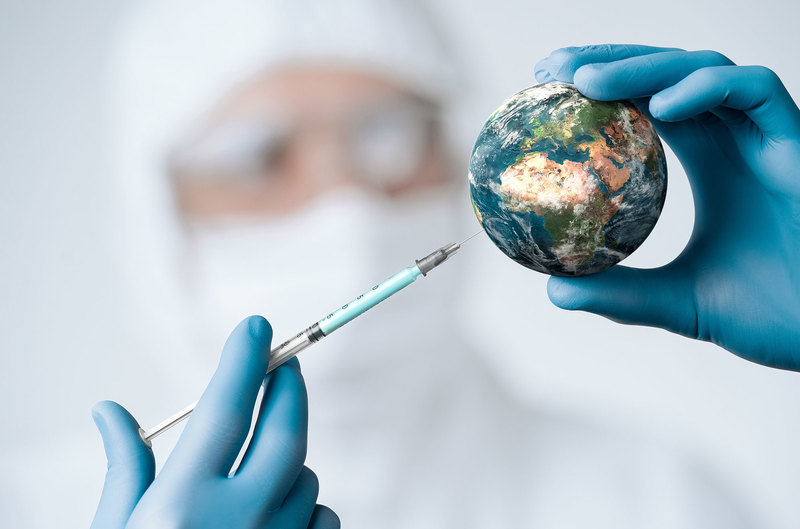
Our scientists must not practise in isolation, but be encouraged to be creative and increase our knowledge of the needs of developing economies, write Professor Mamokgethi Phakeng, vice-chancellor of the University of Cape Town (UCT), and Professor Thokozani Majozi from the University of the Witwatersrand.
Whenever solutions are sought to some of the most crucial problems confronting humankind, seldom does the world face in the direction of Africa. This is particularly true in science, engineering and technology.
Most of the solutions to African problems remain largely of Western origin, which has wittingly or unwittingly earned Africa the reputation of a net consumer of knowledge. In ways akin to the legendary Chinua Achebe’s magnum opus, Things Fall Apart, this situation does not bode well for Africa.
A sparely told tale that is consonant with universal realities, Things Fall Apart is set in pre-British colonial-era Nigeria and tells a story of a heroic man called Okonkwo. He has exceptional physical strength, is an exemplary family man and a successful farmer. His achievements are hard won and through his leadership, his village is seemingly at peace, neatly interwoven and loyal to its tribal norms.
Okonkwo commits a terrible crime and is exiled for seven years. In his absence, British colonialism sets in, bringing an end to traditional and coherent tribal life. Okonkwo returns but nothing is ever the same.
It may be argued that Africa is partly to blame for the repercussions of its absence from the global stage — from being in subtle spectator roles where Africans should be players, to the sheer levity of those who see themselves as saviours of the continent.
A case in point is the live broadcast on French TV in April of two senior French doctors discussing the possibility of testing the BCG tuberculosis vaccine’s potential effectiveness against Covid-19 in African populations. They compared Africans to prostitutes in historic HIV studies, ostensibly because Africans are highly exposed and “do not protect themselves”.
This sparked outrage and a lukewarm apology followed. But the damage had been done.
Africans took umbrage at being seen as guinea pigs. This was expected. What was not expected were proclamations that suggested an African-only, rather than an African-led, approach in finding the vaccine.
At best this would pull Africa further from the global stage. At worst, it would stifle growth and reverse all gains made in science on the continent.
History has taught us that any science advanced along boundary lines is doomed. SA has first-hand experience. In 1953, the chief architect of apartheid, Hendrik Verwoerd, posed a question in parliament, “What is the point of teaching a bantu [black] child mathematics when he cannot use it in practice?” This meant most of the population had to be excluded from almost all advances in science. The repercussions haunt us to this day.
It would be tragic if Africa chose not to take part, at all levels, in clinical trials of a Covid-19 vaccine — or any medical treatment that could save lives.
Africans, too, are susceptible to Covid-19, whether involved in vaccine trials or not. In April, Inserm, the French National Institute of Health and Medical Research, told the BBC that clinical trials to test the efficacy of the BCG vaccine against Covid-19 were about to be launched in Western countries. It said: “Africa must not be forgotten or excluded.” We must bury the notion that “global” is “not African”.
There are sound medical reasons for testing such a vaccine in different communities, including lowincome countries. Experience has demonstrated that humans in different countries may have different underlying conditions that cause them to respond differently to vaccine candidates. It has been found that a virus may develop different strains in different populations. So a vaccine that is effective in Europe may be less so in Africa or South America.
The absence of developing nations from Covid-19 treatment trials around the world is a concern. Nature reported on April 3 that of about 300 clinical trials for a Covid-19 vaccine, most were in China and South Korea, with Europe and the US close behind. Few are taking place in Africa, Latin America and Southeast Asia, where the virus could surge next.
The World Health Organisation has called for more African nations to participate in its Solidarity trial, a global study of four potential Covid-19 treatments. Researchers are urging faster action in countries with ill-equipped health systems, in which SA is participating.
Covid-19 is an opportunity for African scientists to provide insights to the characteristics of the virus and effective strategies for its treatment. This opportunity would be lost if Africans were to practise in isolation. That would risk encouraging African scholars and researchers to migrate to global projects and slow down research at our universities and government laboratories that could save lives, create jobs and businesses, and develop African economies. This can promote African creativity and increase our knowledge of the needs of developing economies.
We risk extending poverty and inequality by slowing down research into these challenges. We compromise opportunities for African researchers and scientists to learn the technologies and techniques of the Western world as they develop capacity in Africa. We are seeing niche sectors developing as a result of co-operation such as drug discovery and development.
The International Science Council, which is led by professor Daya Reddy of SA and comprises about 180 different science councils, academies and organisations around the world, was founded to encourage such collaboration, to stimulate and support international scientific research and scholarship, communicate science that is relevant to international policy issues, and enable science to contribute more effectively to major issues. Scientists recognise the value of working together to overcome hazards humanity faces.
There can be no substitute for collaboration.
Phakeng is the vice-chancellor of the University of Cape Town and a professor in mathematics education. Majozi is a professor of chemical engineering at the University of the Witwatersrand, where he holds the NRF-DST chair in sustainable process engineering, and is the chairman of the CSIR board.
Coronavirus Disease 2019 updates
COVID-19 is a global pandemic that caused President Cyril Ramaphosa to declare a national disaster in South Africa on 15 March 2020 and to implement a national lockdown from 26 March.
UCT is taking the threat of infection in our university community extremely seriously, and this page will be updated regularly with the latest COVID-19 information. Please note that the information on this page is subject to change depending on current lockdown regulations.
Frequently asked questions
Daily updates
Campus communications
2020
Resources
Video messages from the Department of Medicine
Getting credible, evidence-based, accessible information and recommendations relating to COVID-19
The Department of Medicine at the University of Cape Town and Groote Schuur Hospital, are producing educational video material for use on digital platforms and in multiple languages. The information contained in these videos is authenticated and endorsed by the team of experts based in the Department of Medicine. Many of the recommendations are based on current best evidence and are aligned to provincial, national and international guidelines. For more information on UCT’s Department of Medicine, please visit the website.
To watch more videos like these, visit the Department of Medicine’s YouTube channel.
Useful information from UCT
External resources
News and opinions
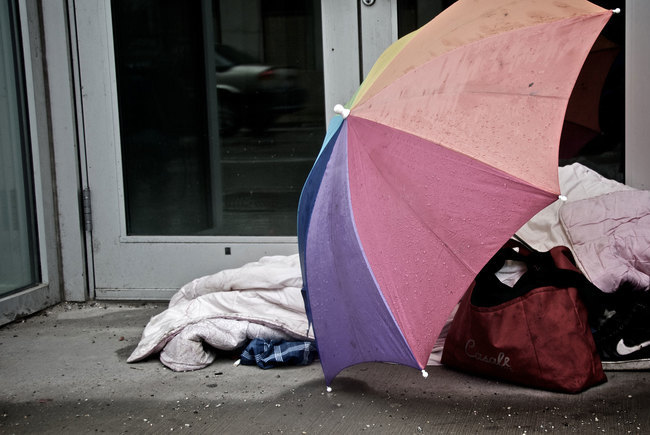
As the COVID-19 crisis drags on and evolves, civil society groups are responding to growing and diversifying needs – just when access to resources is becoming more insecure, writes UCT’s Prof Ralph Hamann.
03 Jul 2020 - 6 min read Republished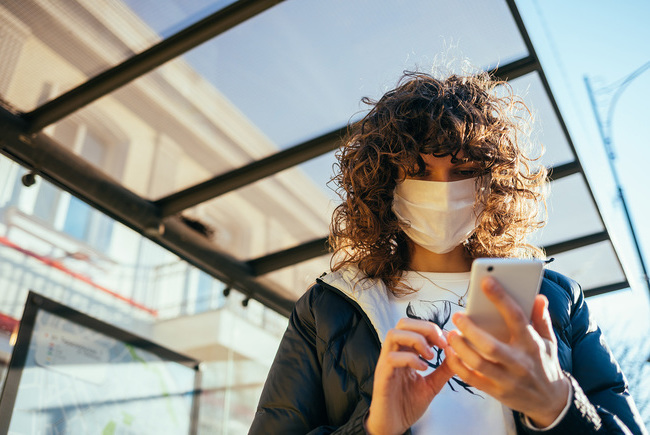
The Covid-19 crisis has reinforced the global consequences of fragmented, inadequate and inequitable healthcare systems and the damage caused by hesitant and poorly communicated responses.
24 Jun 2020 - >10 min read Opinion
Our scientists must not practise in isolation, but be encouraged to be creative and increase our knowledge of the needs of developing economies, write Professor Mamokgethi Phakeng, vice-chancellor of UCT, and Professor Thokozani Majozi from the University of the Witwatersrand.
09 Jun 2020 - 6 min read Republished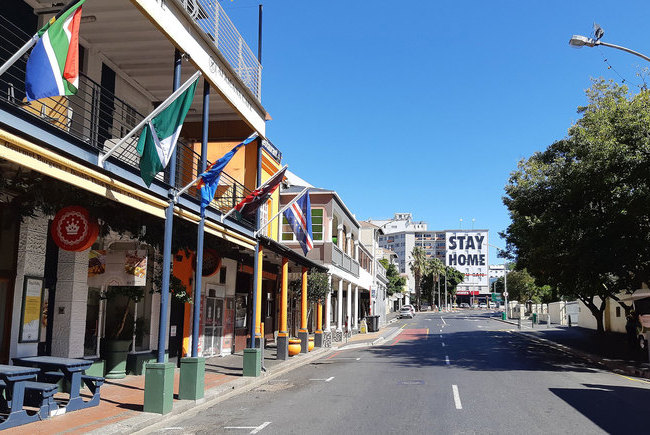
South Africa has been recognised globally for its success in flattening the curve, which came as a result of President Ramaphosa responding quickly to the crisis, writes Prof Alan Hirsch.
28 Apr 2020 - 6 min read RepublishedStatements and media releases
Media releases
Read more
Statements from Government
In an email to the UCT community, Vice-Chancellor Professor Mamokgethi Phakeng said:
“COVID-19, caused by the virus SARS-CoV-2, is a rapidly changing epidemic. [...] Information [...] will be updated as and when new information becomes available.”
We are continuing to monitor the situation and we will be updating the UCT community regularly – as and when there are further updates. If you are concerned or need more information, students can contact the Student Wellness Service on 021 650 5620 or 021 650 1271 (after hours), while staff can contact 021 650 5685.








